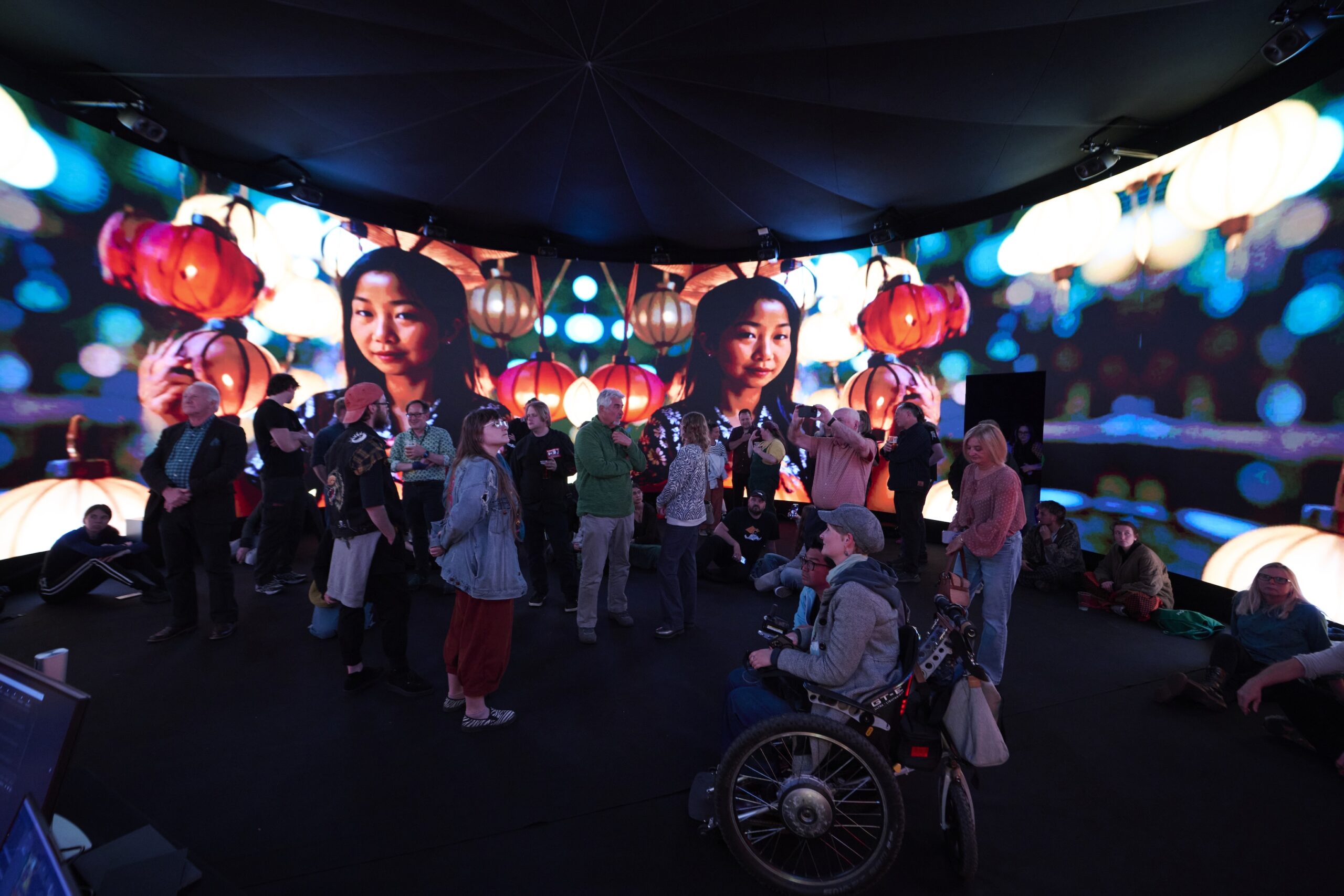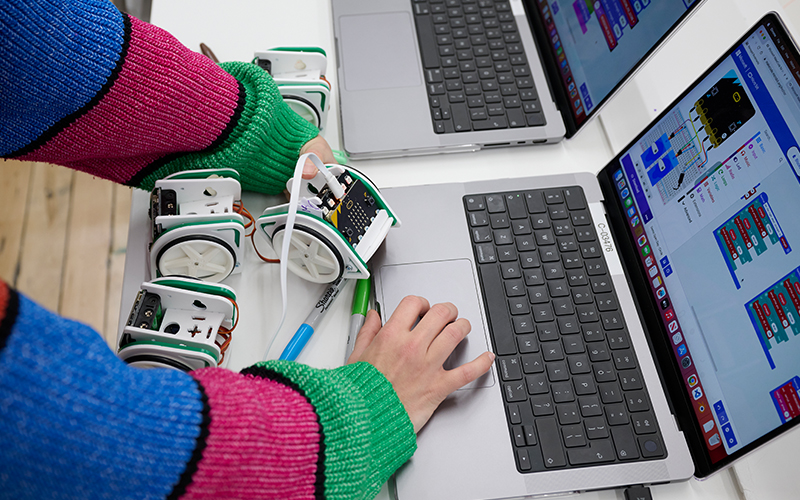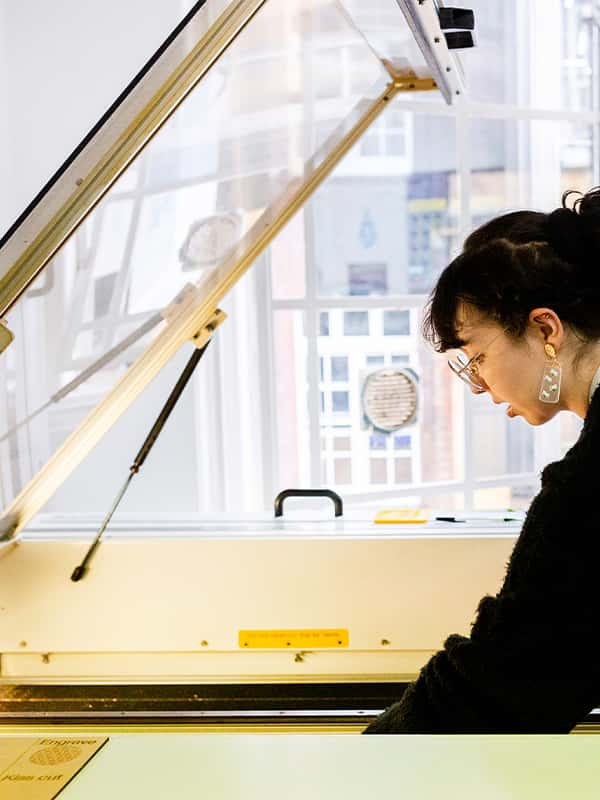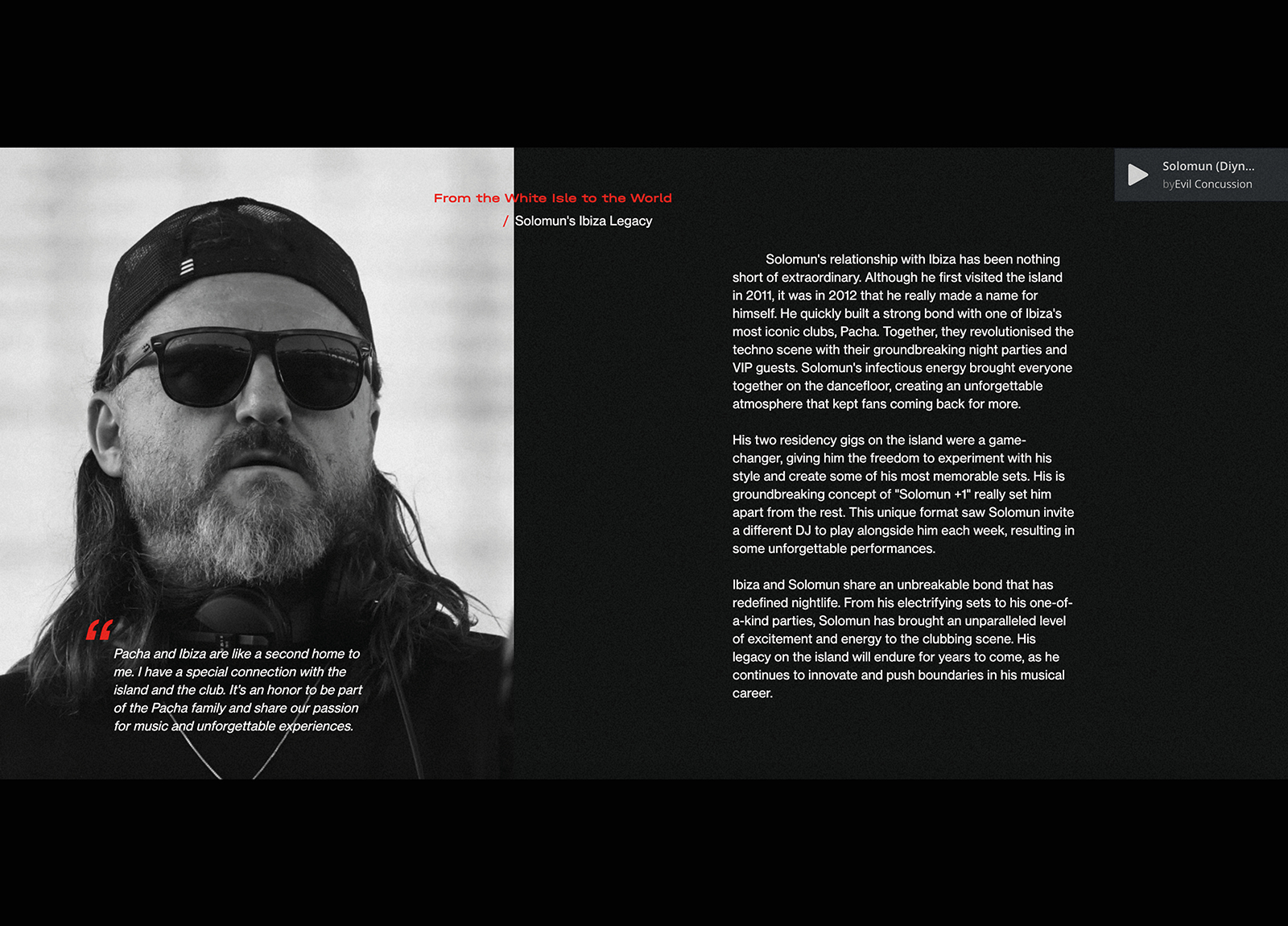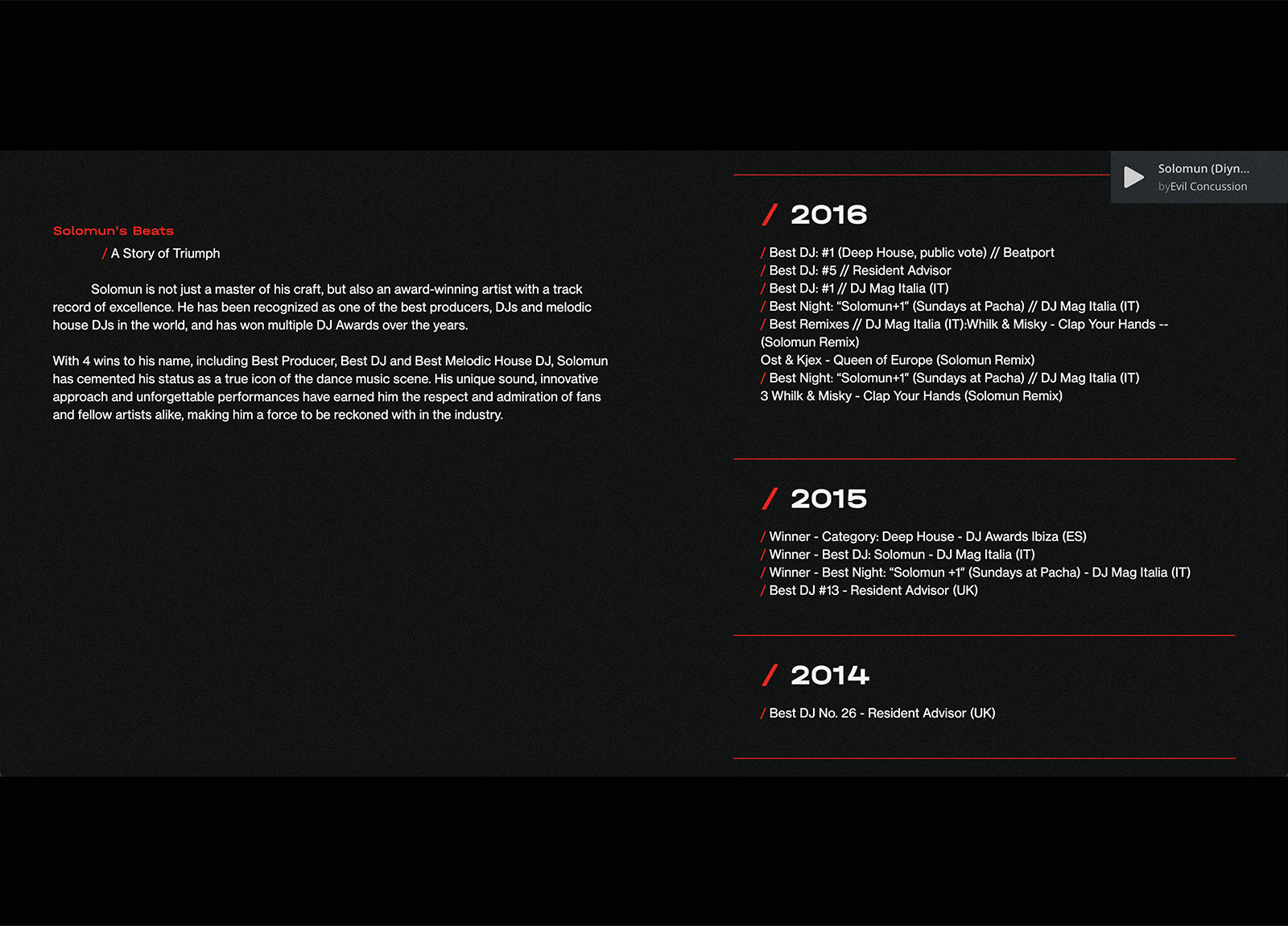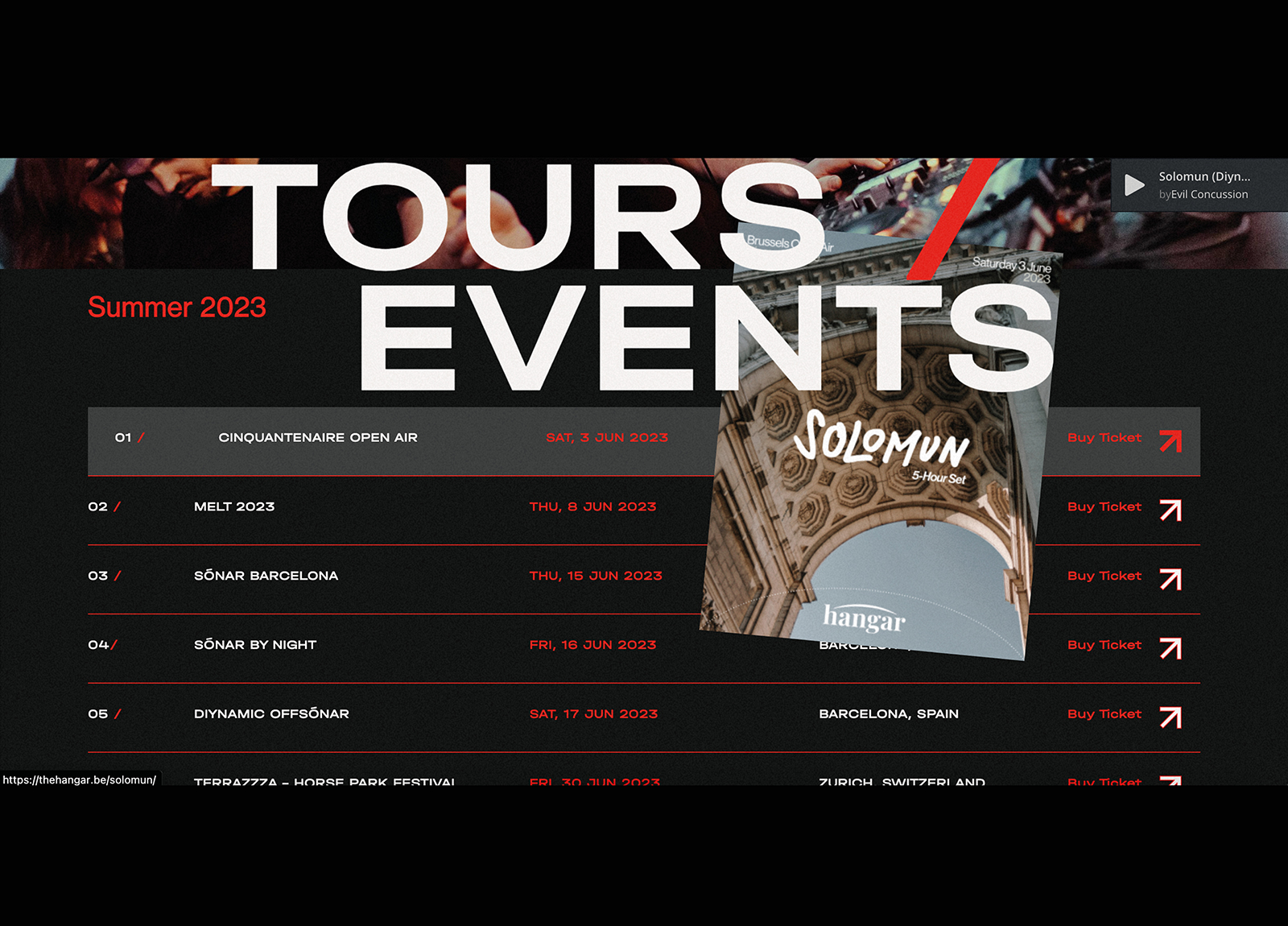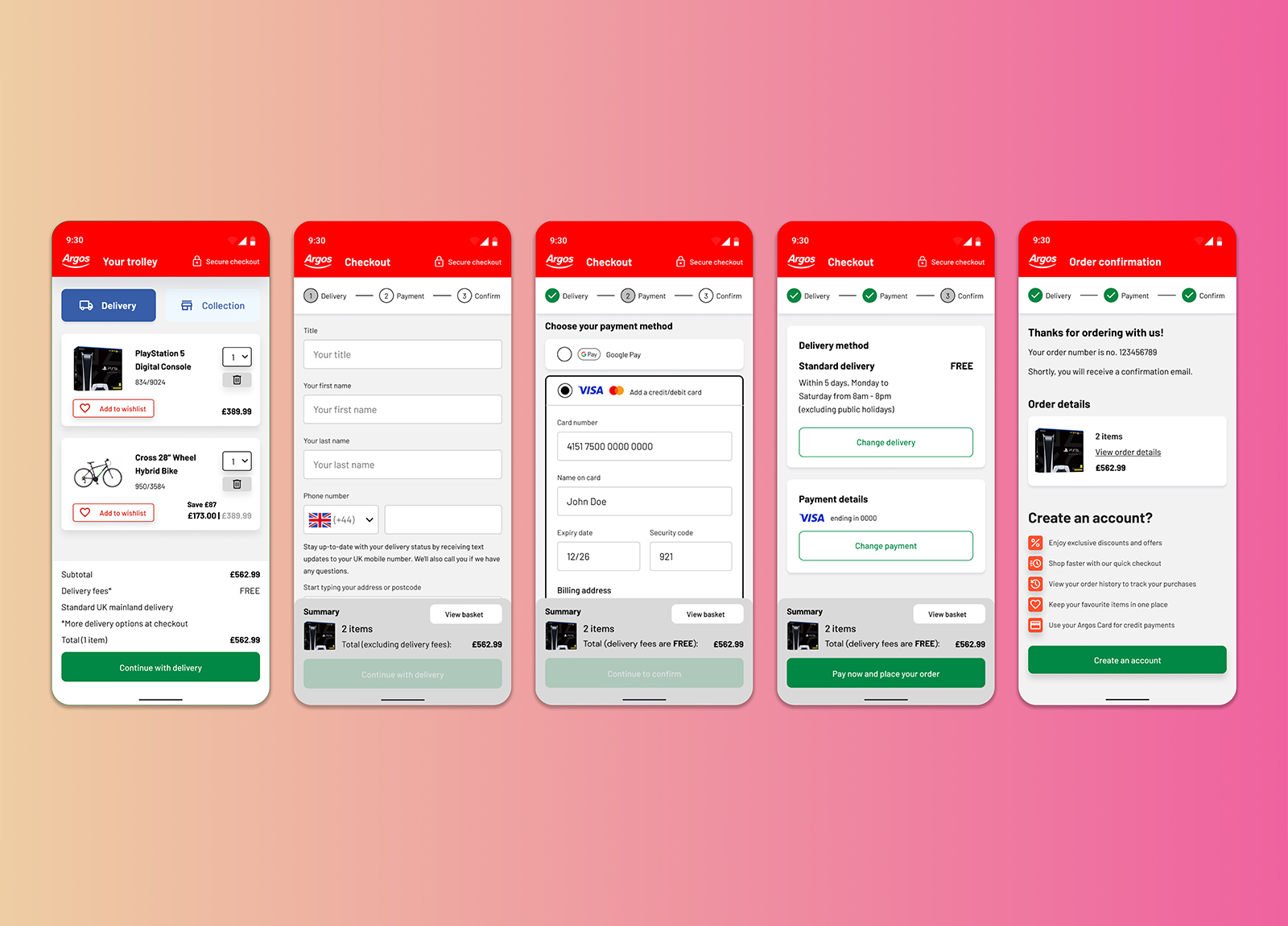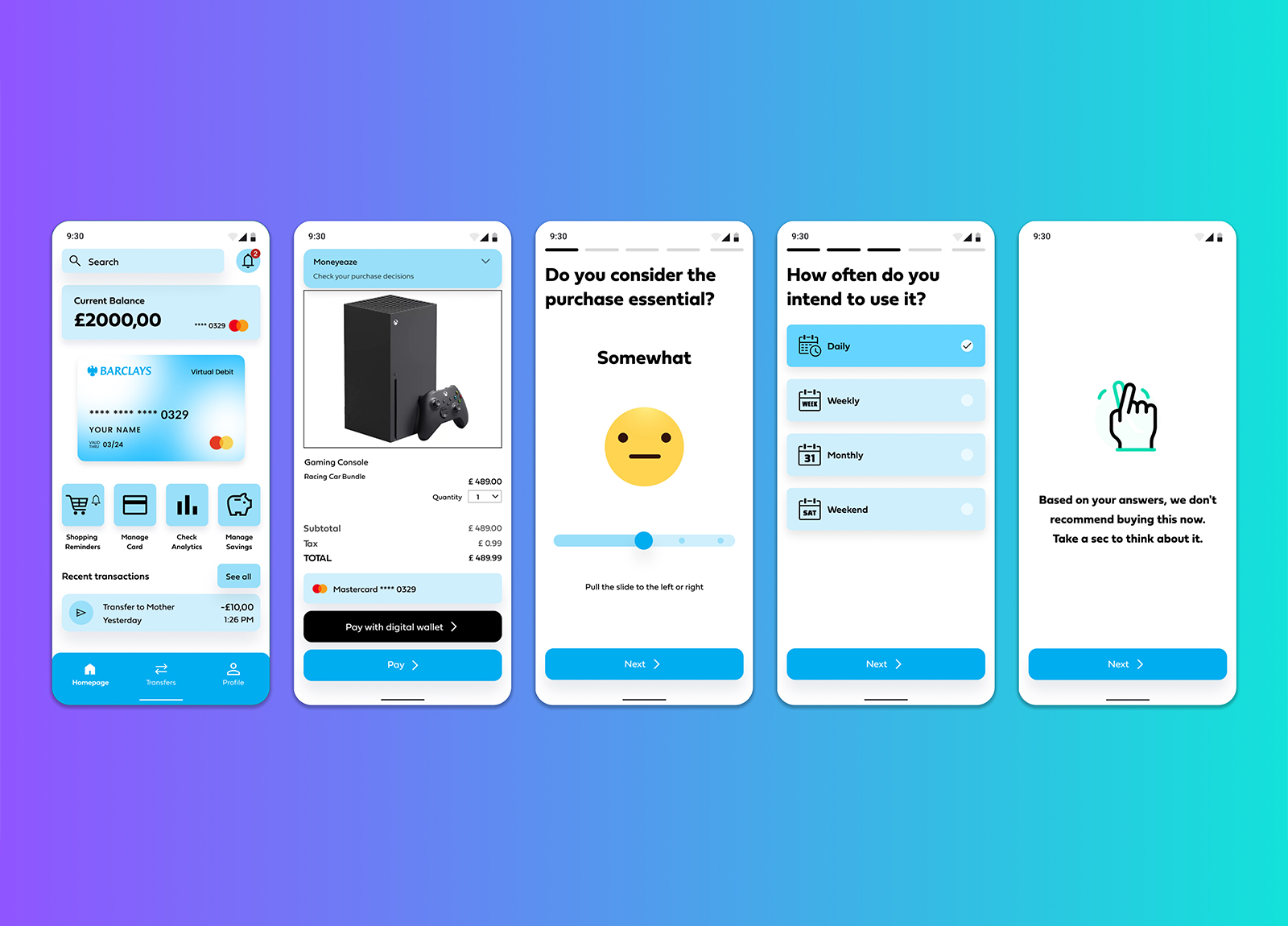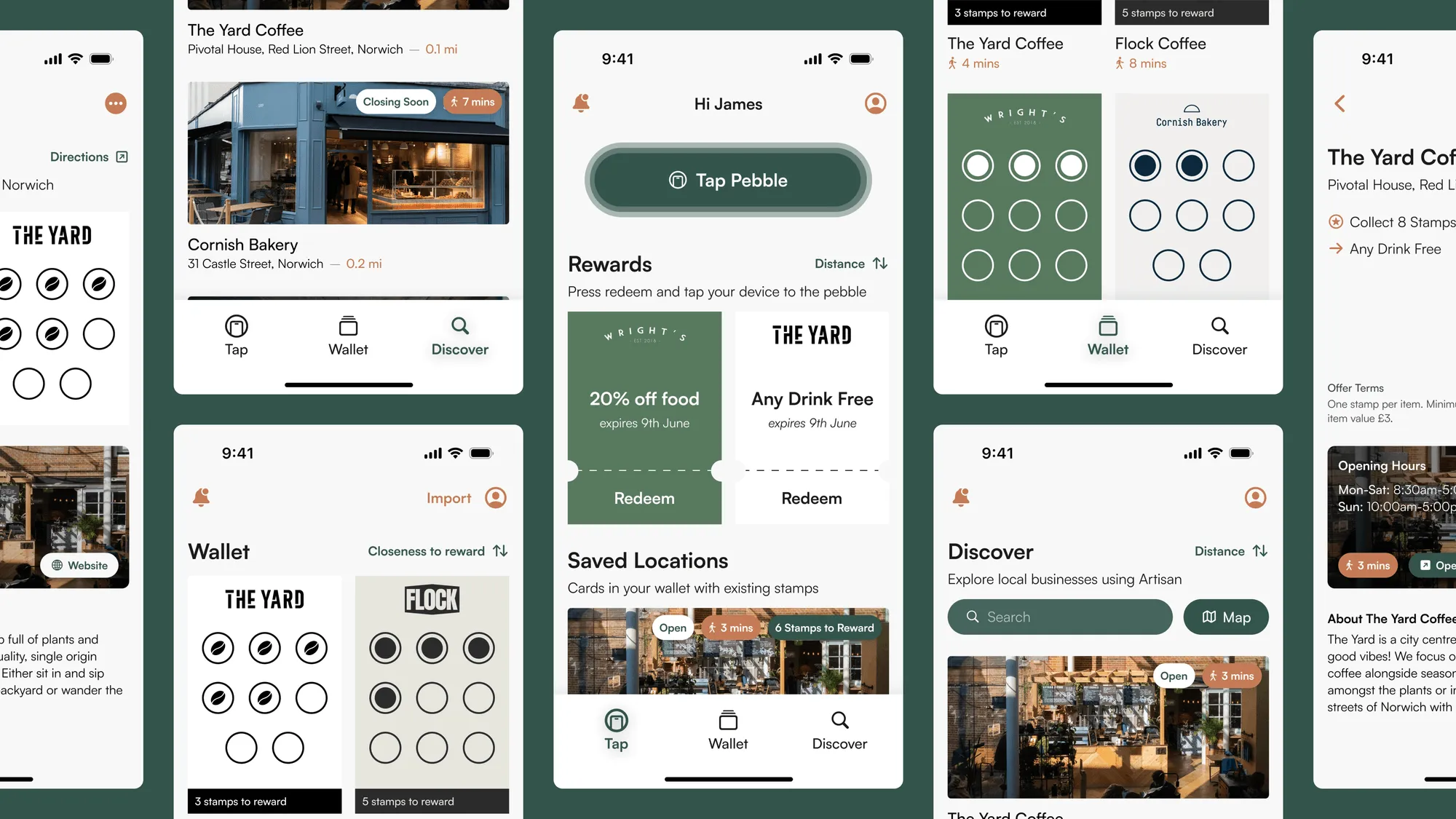
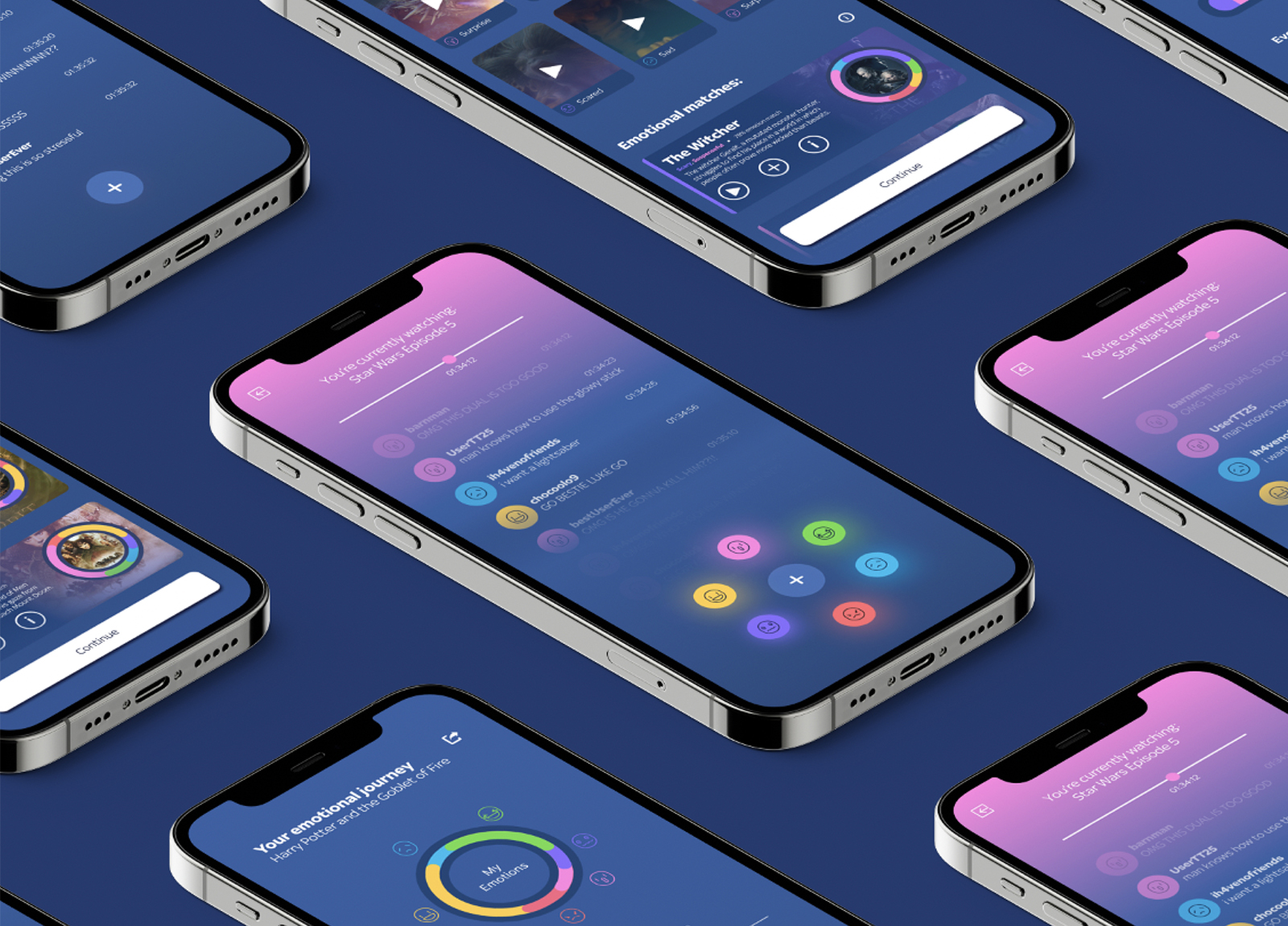
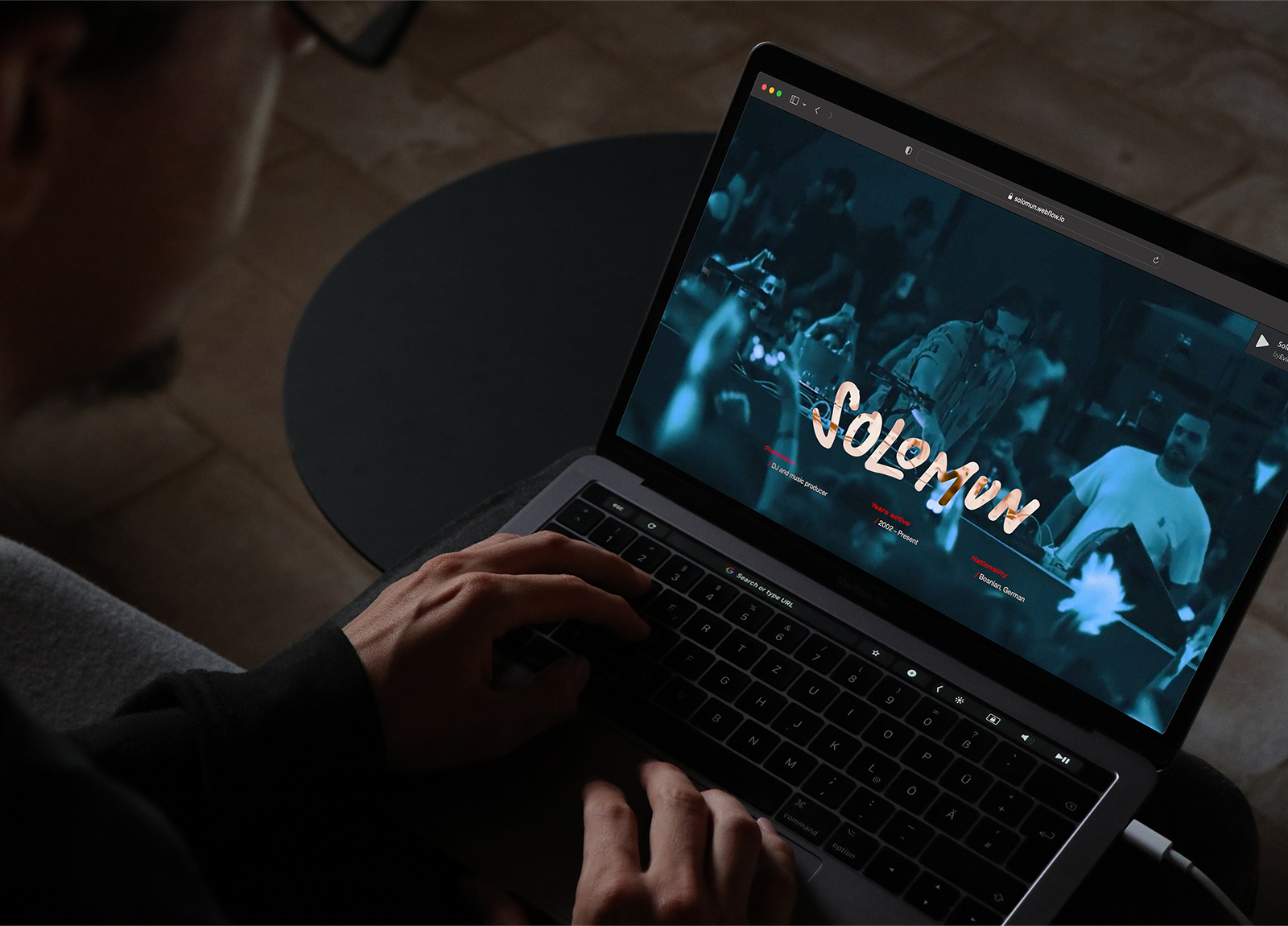
User Experience Design BSc (Hons)
Want to shape how people engage with the ever-evolving digital world? And understand the different ways users experience a design?
-
Course Duration
3 Years
-
Course Options
- Diploma Year
- Intergrated Foundation Year
-
Typical Offer
104-120 UCAS Tariff Points
- How to Apply Request a prospectus
-
Annual Fees
- Home (full-time) £9,790
- Overseas (full-time) £18,860
-
UCAS code
- I141 (3 Year), I142 (4 Year)
- Institution code: N39
-
Course Start
September 2026
Our User Experience Design degree gives you the essential skills to become a successful UX designer — shaping how people engage with digital products and services. The course will enable you to create interactive products such as website and app prototypes, video motion graphics, digital imagery and designed research outputs.
You’ll explore the people and technologies involved in the design process and learn to identify users’ needs and goals and map their emotional journeys, using skills such as user research, copywriting, typography, motion, coding and interaction design. Through a mixture of projects, you will become adept at generating insight-driven solutions for organisations and brands, charities, social causes, and design-for-good initiatives addressing the problems we face in the world.
Our practical studio projects mirror the type of briefs you would be given in a design agency, resulting in outcomes that genuinely prepare you for the real world of work. As you progress, you will generate case studies for your portfolio that showcase your knowledge of user research, user interface design and interaction design to copywriting, typography and motion.
Why study with us
-
Share your first year with other graphics students, and then continue to work alongside each other, allowing for a unique cross fertilisation of knowledge, skills and experience.
-
Develop problem-solving skills by understanding and interpreting project briefs, conducting discovery research, generating ideas, developing prototypes, testing and refining them into successful concepts.
-
Undertake project briefs initiated and taught by industry designers and enter national and international design competitions judged by the design industry.
-
Engage with industry through portfolio reviews and surgeries, talks from practising alumni, interview practice and graduate portfolio showcase events.
-
Hone your project management, communication and collaborative working skills so that you leave with a standout CV and portfolio.
Course Details
Integrated Foundation Year (optional)
Integrated Foundation Year
Our Integrated Foundation Year is designed to equip students with the necessary skills, knowledge and confidence to thrive in their chosen degree subject. The course provides a comprehensive introduction to various disciplines, blending critical thinking and creative problem-solving with practical hands-on experience. This year serves as a bridge to undergraduate studies, allowing students to explore their interests within a supportive and inspiring environment, while familiarising themselves with the campus, workshops, and tutors.
Year 1
Core Units
Creative Learning (40 units)
In the first year, the curriculum is shared across related graphics courses, enabling you to gain a broad grounding in the discipline before going on to specialist units in your chosen field in the second and third years. In your common first year, you will explore the fundamentals of design. With a focus on process, you will explore techniques, technologies and research-inspired design as you work on individual and team projects. The course expands to cover a huge range of experimental processes, platforms and technologies, meaning that you will build a strong portfolio, demonstrating your design skills and innovative practice. This unit introduces theories and ideas of design and visual culture and teaches you how to use them in your practical work.
40 credits
Explore and Experiment (80 credits)
In this unit, you will explore and experiment with techniques, materials and media. You explore the fundamental principles of visual communication and develop skills in typography, printing, layout, photography, design research, idea generation, and storytelling. You’ll learn technical skills in various design-related digital design applications such as Figma, InDesign, Photoshop, Illustrator, and After Effects, and develop your knowledge of user experience by learning about methods that are useful at every stage of the UX process. You’ll be introduced to essential skills in organising and presenting complex data and information using infographics, wider graphic language, as well as how people view, process, and act on the wealth of visual information they receive every day.
80 credits
Core Projects
Wayfinding Week
The first week of each academic year is called Wayfinding week. It’s an opportunity get your bearings, establish new connections and, after your first year at Norwich, re-establish old ones. Your course team will talk you through the year ahead and explain the expectations for the year. We’ll help you navigate new encounters and identify areas to focus on as you progress through your course.
Make it Manifest(o)
An important element of Wayfinding Week is taking part in our annual ‘Make it Manifest(o)’ project. Your course team will introduce the project in which we’ll ask you to consider your hopes and vision of the year ahead at Norwich and work with students in other year groups to bring your ideas to life. The project culminates in a celebratory display of work across the campus. The project will help you to develop your critical creativity through different approaches, concepts, and mediums. You’ll encounter diverse perspectives and build friendships and networks within our university community.
Interchange Week
Interchange weeks are opportunities to step away from your disciplinary studies and engage in projects, workshops, visits and talks that extend your knowledge and understanding of the world. Whether you learn a new skill or take part in a global challenge project with students from other courses, you will come away with new insights to take back to your course. Interchange is part of the schedule for all Norwich students with sessions held across and beyond the campus led by university staff, visiting lecturers and students.
Year 2
Core Units
Global Contexts (80 credits)
In this unit you’ll experiment and iterate the design process through workshops and projects covering user research, design principles, mobile UX, wireframing, prototyping, motion graphics and sound. You will learn how to identify and research competitors, your audience, and how to translate the results into initial design requirements. You’ll explore user-centred design principles and methodologies and how designers focus on the users and their needs in each phase of the design process. To support your development, you will develop broader knowledge and understanding of the historical, social, ethical and cultural ideas in relation to user experience design.
80 credits
Collaboration (40 credits)
This unit will introduce you to how collaborative working can help you focus and enhance your creative strengths, working with fellow students and our creative communities. You’ll have the opportunity to experience group work in the context of industry-based projects to specify, develop, deploy and evaluate a web-based system, including prototype software, links to web-hosted work, static layouts, and animations. This unit will take you through the entire process, from requirements gathering, user-centred design, proposal development, implementation and evaluation. Students will also assess their outputs from the perspective of different roles within an organisation and consider alternative perspectives and their value to your work.
40 credits
Core Projects
Wayfinding Week
The first week of each academic year is called Wayfinding week. It’s an opportunity get your bearings, establish new connections and, after your first year at Norwich, re-establish old ones. Your course team will talk you through the year ahead and explain the expectations for the year. We’ll help you navigate new encounters and identify areas to focus on as you progress through your course.
Make it Manifest(o)
An important element of Wayfinding Week is taking part in our annual ‘Make it Manifest(o)’ project. Your course team will introduce the project in which we’ll ask you to consider your hopes and vision of the year ahead at Norwich and work with students in other year groups to bring your ideas to life. The project culminates in a celebratory display of work across the campus. The project will help you to develop your critical creativity through different approaches, concepts, and mediums. You’ll encounter diverse perspectives and build friendships and networks within our university community.
Interchange Week
Interchange weeks are opportunities to step away from your disciplinary studies and engage in projects, workshops, visits and talks that extend your knowledge and understanding of the world. Whether you learn a new skill or take part in a global challenge project with students from other courses, you will come away with new insights to take back to your course. Interchange is part of the schedule for all Norwich students with sessions held across and beyond the campus led by university staff, visiting lecturers and students.
Diploma Year (optional)
Level 5 Diploma (120 credits)
Students have the opportunity to spend a year after the second of their degree (or the third year if studying for a degree with an Integrated Foundation Year) enhancing their employability options through a Level 5 Diploma. They can choose from courses designed to provide:
- opportunities to gain industry insight, developing employability skills through a series of supported experiences, expanding professional networks and building confidence in the workplace, or
- an introduction to creative computing, building an understanding of how coding skills can be used to advance and complement creative practice.
Final Year
Core Units
Research and Preparation (40 credits)
This is the first and shorter of the two units that make up your final year of study. Your final year allows you to refine your existing creative practice, develop your skills and reflect upon your experience, with opportunities to engage with live projects, competitions and industry networks to broaden your portfolio and strategically enhance your career direction. You will specialise in areas such as user research, interaction design, prototyping, motion graphics and web design skills, and explore emerging trends like artificial intelligence and virtual reality. You’ll develop an individual research project that advances your knowledge of contextual issues, cultural theories and debates. Group and individual tutorials will provide stimulating and supportive sessions to help you develop your research ideas and those of others.
40 credits
Resolution and Career Development (80 credits)
This unit will allow you to deliver final major design projects, embracing the entire design process and demonstrating your approach to, and engagement with, contemporary digital design issues. You’ll engage in a human-centred design process and apply practical, theoretical, and technical knowledge to examine a subject or theme to realise and communicate your design solution. Emphasis is placed on students’ abilities to evaluate, make informed choices for selecting techniques and processes, and create innovative outcomes. You’ll have the opportunity to display your final year project as part of our degree show, Grad Fest, which allows you to showcase your work to our network of industry professionals and prospective employers.
80 credits
Core Projects
Wayfinding Week
The first week of each academic year is called Wayfinding week. It’s an opportunity get your bearings, establish new connections and, after your first year at Norwich, re-establish old ones. Your course team will talk you through the year ahead and explain the expectations for the year. We’ll help you navigate new encounters and identify areas to focus on as you progress through your course.
Make it Manifest(o)
An important element of Wayfinding Week is taking part in our annual ‘Make it Manifest(o)’ project. Your course team will introduce the project in which we’ll ask you to consider your hopes and vision of the year ahead at Norwich and work with students in other year groups to bring your ideas to life. The project culminates in a celebratory display of work across the campus. The project will help you to develop your critical creativity through different approaches, concepts, and mediums. You’ll encounter diverse perspectives and build friendships and networks within our university community.
Interchange Week
Interchange weeks are opportunities to step away from your disciplinary studies and engage in projects, workshops, visits and talks that extend your knowledge and understanding of the world. Whether you learn a new skill or take part in a global challenge project with students from other courses, you will come away with new insights to take back to your course. Interchange is part of the schedule for all Norwich students with sessions held across and beyond the campus led by university staff, visiting lecturers and students.
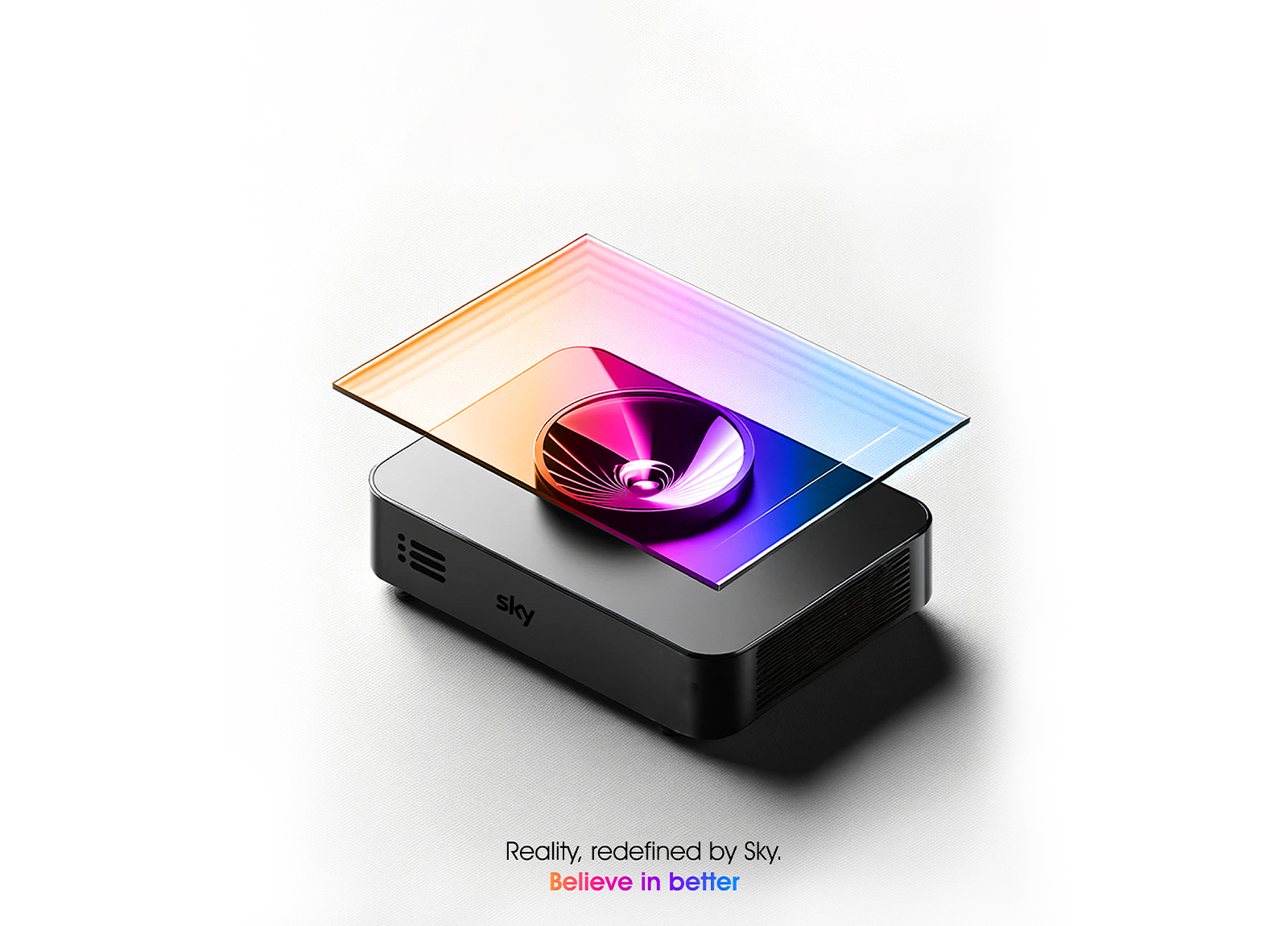
Learning and teaching
This course is taught through a mixture of learning and teaching methods including:
-
Group briefings
-
Academic tutorials
-
Group tutorials
-
Workshops
-
Critiques (crits)
-
Seminars
-
Lectures
Assessment
Assessment for this course is entirely coursework-based, meaning there are no exams. Your progress will be evaluated through the projects and assignments you complete for each unit. Throughout the year, you’ll receive ongoing feedback to help you refine your work and develop your skills. To support your learning and ensure you achieve the course outcomes, we use a variety of assessment methods, including:
- Finished pieces of work
- Presentations
- Written work
- Your research
- A reflective journal
Some of the people you’ll be working with
-
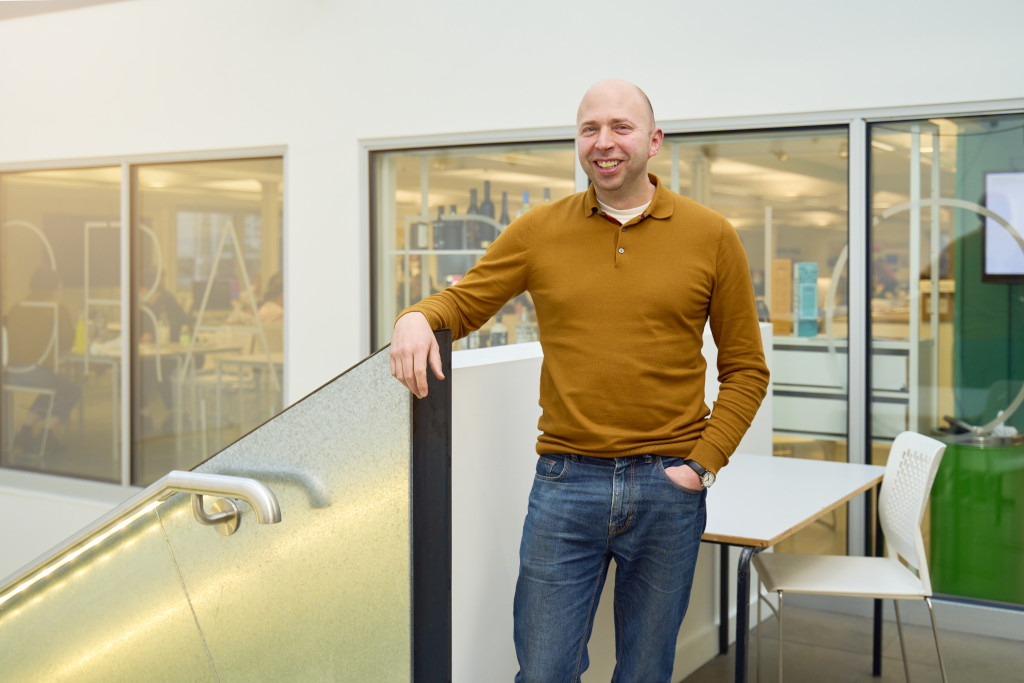
Martin Schooley
Director of Communication Design
-
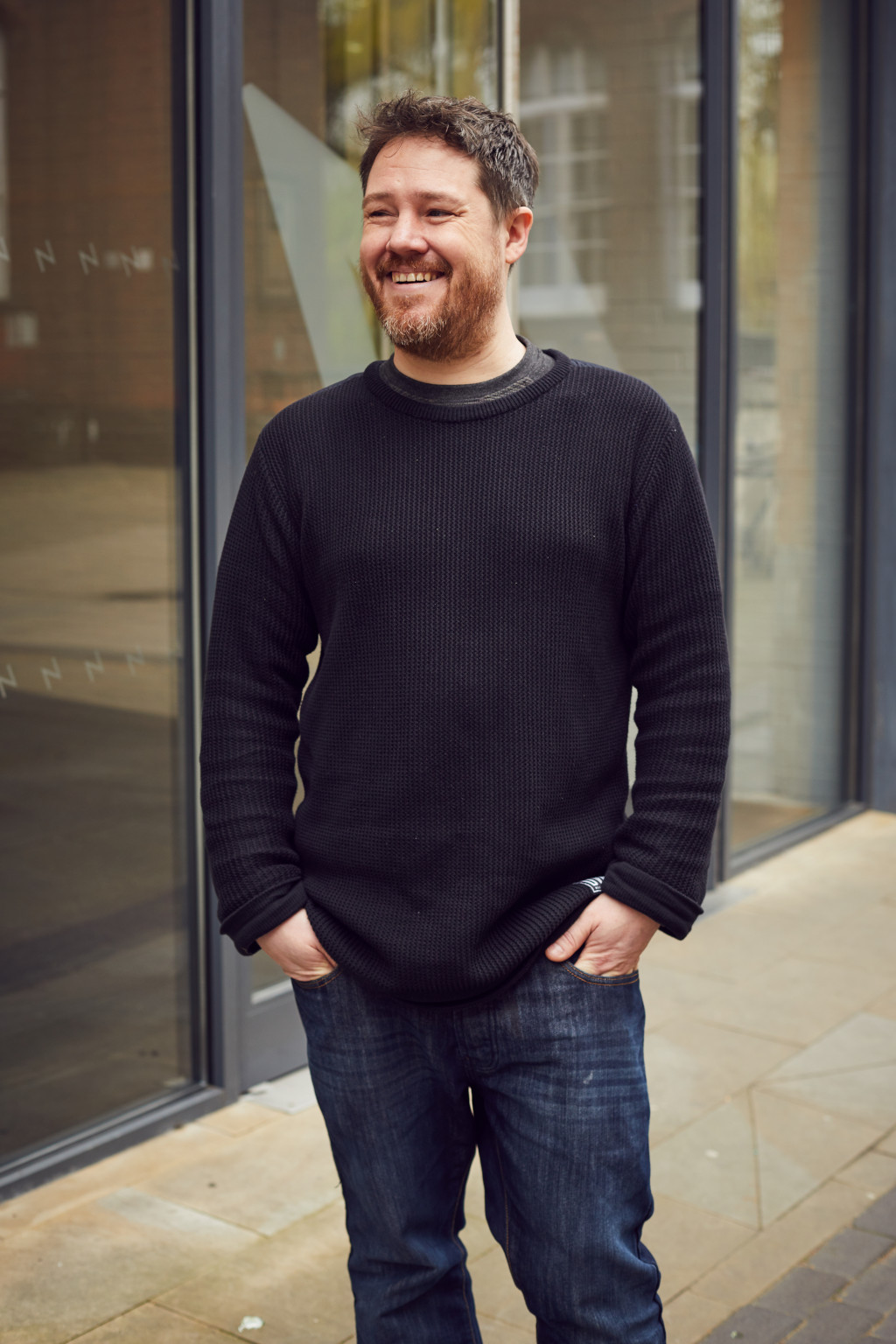
Dave Watson
Course Leader, Graphic Communication and User Experience Design
-
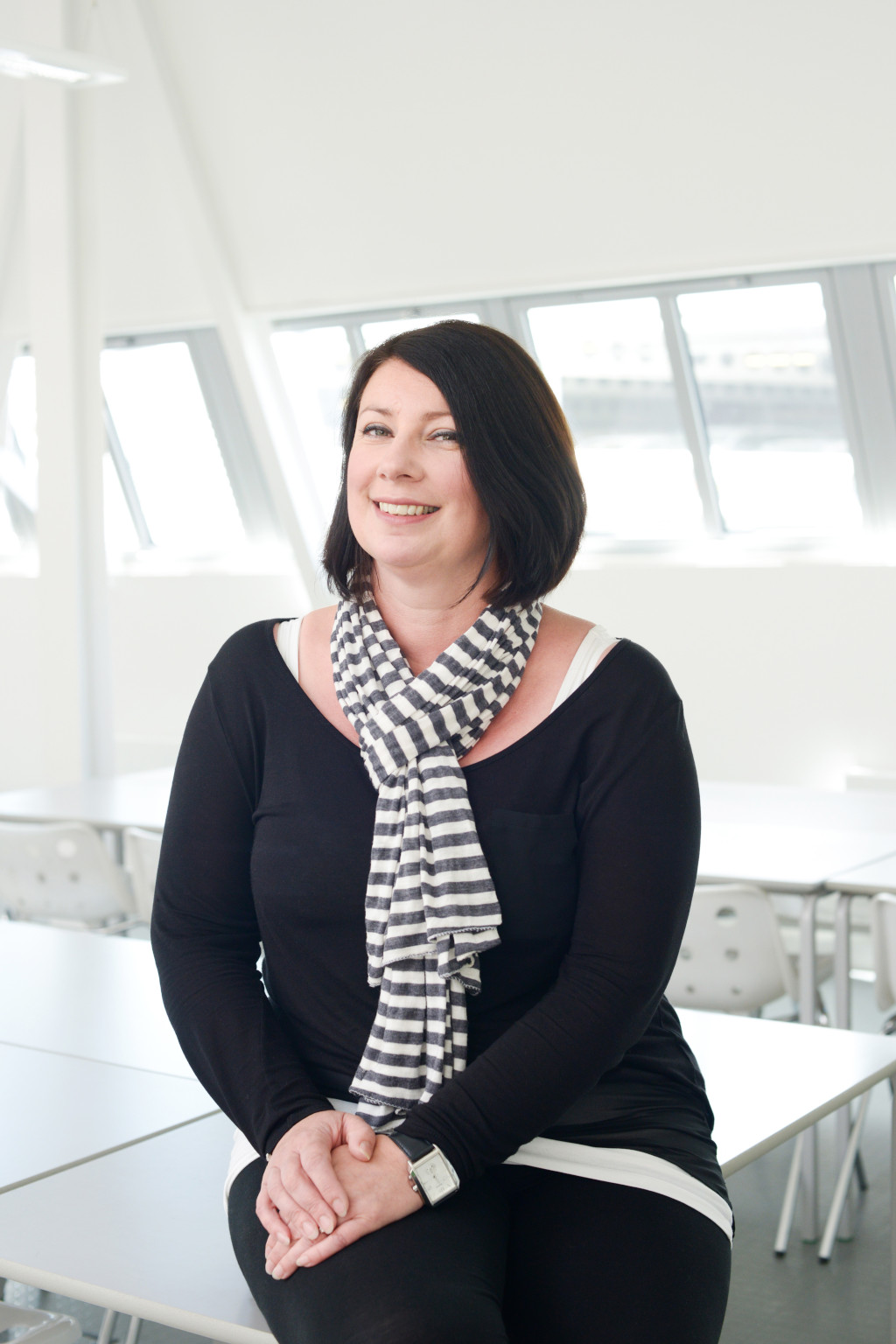
Gill Johnson
Senior Lecturer
-
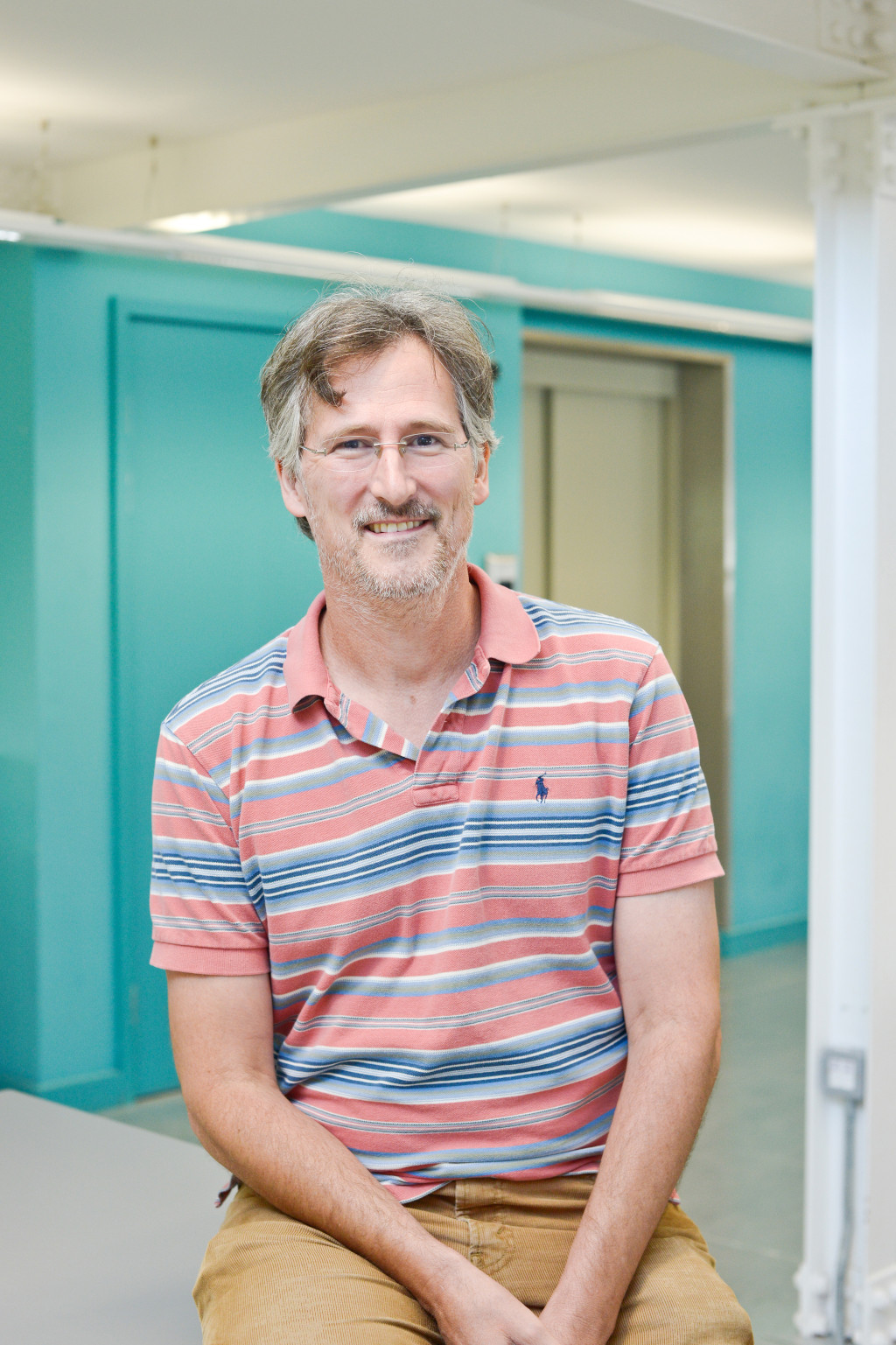
Dr Nicolas P Maffei
Senior Lecturer
-
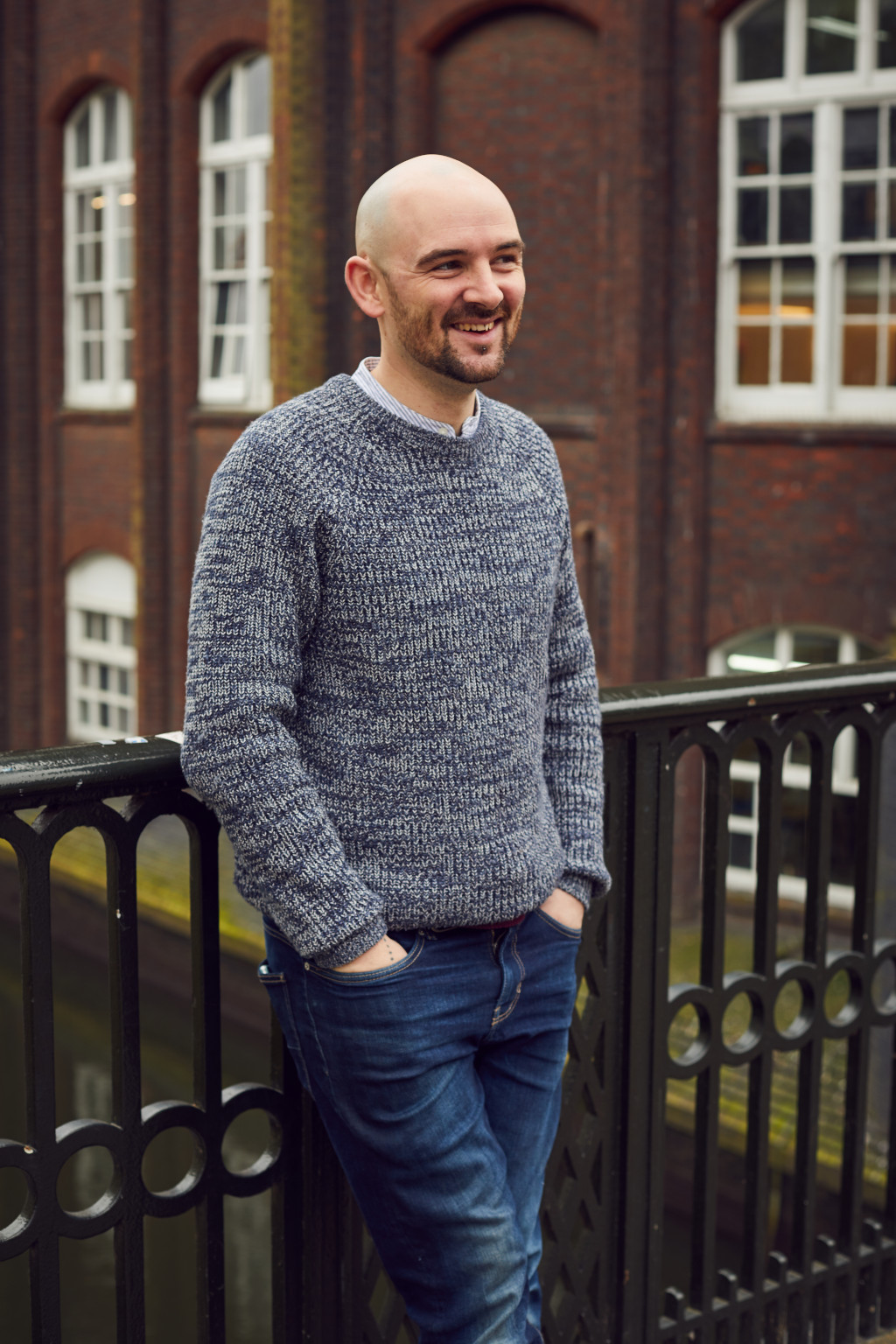
Jamie Johnstone
Lecturer
-
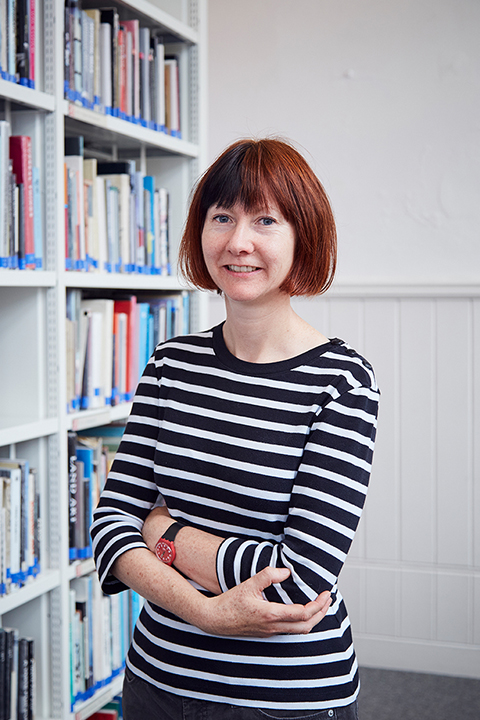
Kirsten Pairpoint
Subject Librarian for Communication Design
-
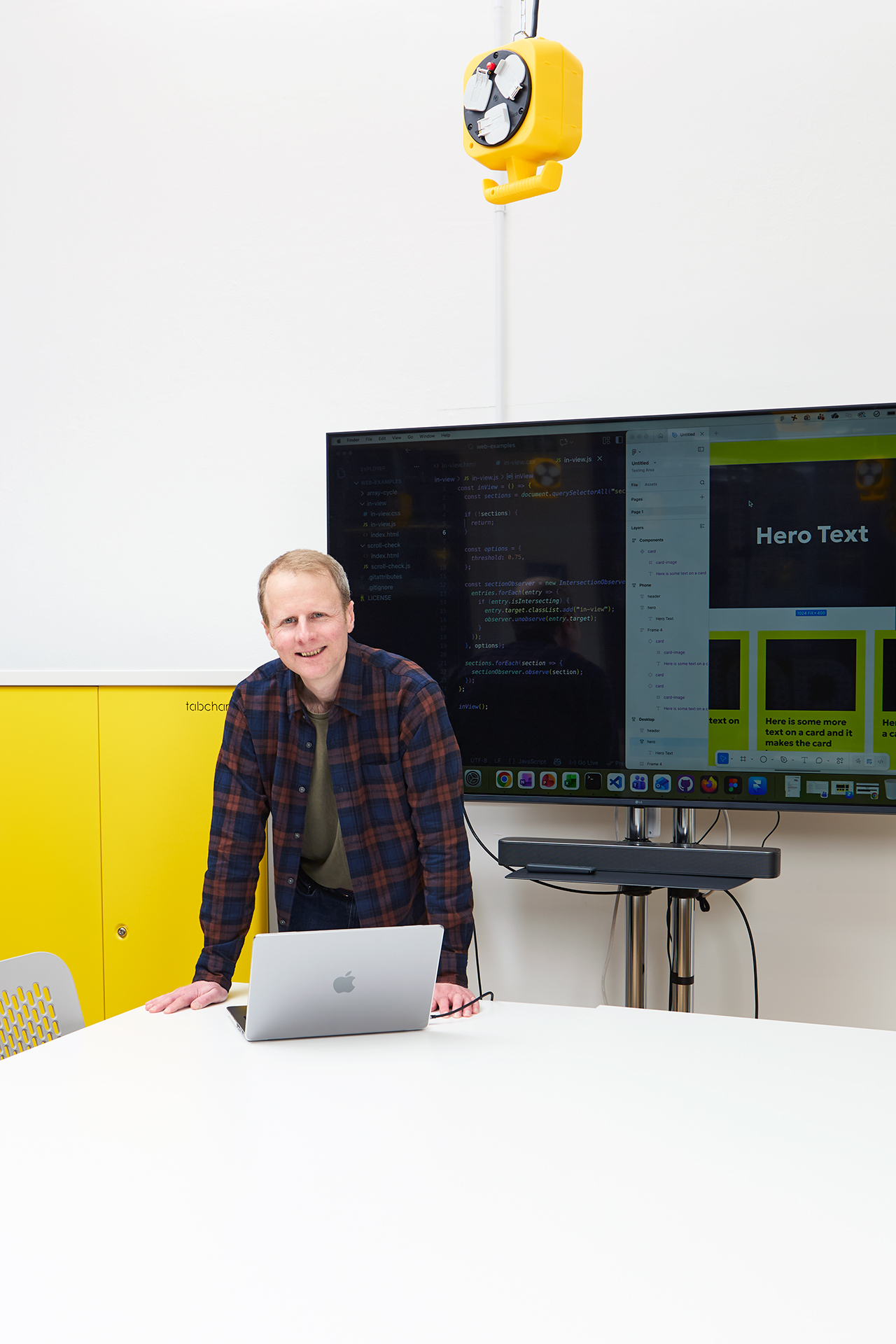
Will Corner
Senior Technician
Our Facilities
Look around our city-centre campus, and you will find studios, media labs, and creative spaces in 13 buildings that sit among the cafés, bars, independent galleries and shops of Norwich’s cultural quarter.
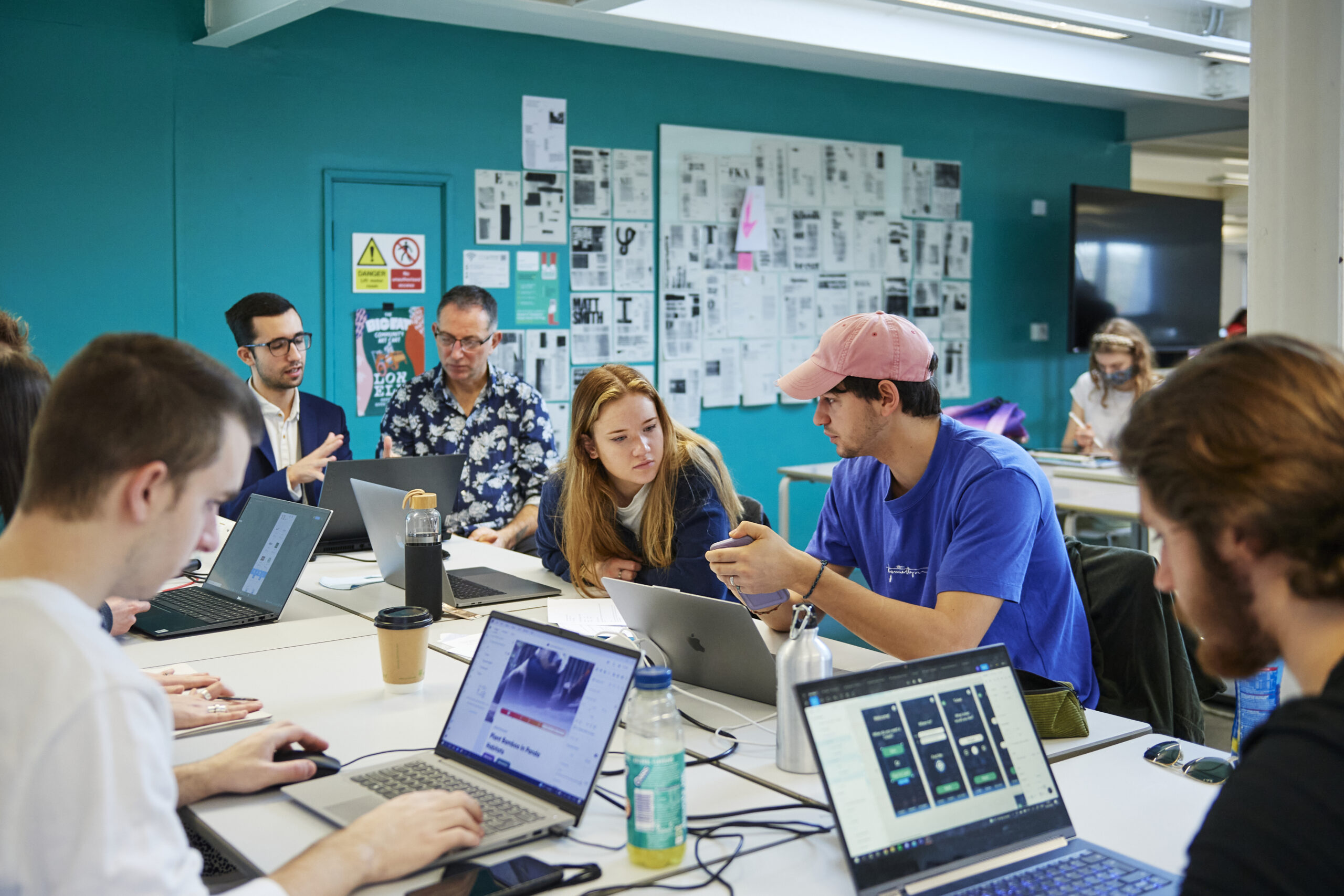
Typical career paths
By the time you finish the course you’ll have developed a distinctive portfolio and have a strong sense of where you want to work within the industry. During the summer break, between second and third year, students take internships and join graduate schemes, which often lead to full-time employment.
Our graduates have gone on to internships and employment at digital experience design agencies including Foolproof, The User Story, Coder, UX Connections, and Interstate, and in-house positions at National Grid, Stardust, PwC Middle East, and Tata Consultancy Services.
- User interface designer
- UX designer
- Interaction designer
- Digital designer
- Visual designer
- Product manager
- UX design manager
- Front end developer
- Digital web designer
- UX architect
- UX business analyst
- Product marketing manager
“92% of our graduates are in employment or further education within six months of graduating”
Graduate Outcomes 2021
Entry requirements
Home
Norwich University of the Arts welcomes applicants of all ages from all backgrounds.
If the qualification that you are studying is not shown, do not worry as we are able to accept other pre-entry qualifications as well as combinations of different qualifications.
Please do contact our Student Recruitment Team if you have any queries.
A/AS Levels (GCE)
GCE A/AS Levels 3 A-level qualifications at grades BCC (104 UCAS Tariff points) or above. Where candidates are not taking 3 A-levels, Norwich University of the Arts will consider combinations of A-level/AS-level and other Level 3 qualifications.
BTEC Extended Diploma (QCF or RQF)
Distinction, Merit, Merit in an art, design or media related subject
BTEC Diploma (QCF or RQF)
Distinction*, Distinction* in an art, design or media related subject
T Levels
A T Level in any subject with overall grade A* to C (Pass)
UAL Extended Diploma
Merit
UAL Level 3 Foundation Diploma in Art and Design
Pass
UAL Level 4 Foundation Diploma in Art and Design
Pass
Foundation Diploma in Art and Design
Pass
Access to Higher Education Diploma (Art and Design)
Pass
International Baccalaureate Diploma
A minimum of 26 points
Integrated foundation year (optional)
Norwich University of the Arts welcomes applicants of all ages from all backgrounds.
If the qualification that you are studying is not shown, do not worry as we are able to accept other pre-entry qualifications as well as combinations of different qualifications.
Please do contact our Student Recruitment Team if you have any queries.
A/AS Levels (GCE)
GCE A/AS Levels 2 A-level qualifications at grades CC (64 UCAS Tariff points) or above.
BTEC Extended Diploma (QCF or RQF)
Merit, Merit, Pass in an art, design or media related subject
BTEC Diploma (QCF or RQF)
Distinction*, Merit in an art, design or media related subject
T Levels
Pass (D or E on the core)
UAL Extended Diploma
Pass
UAL Level 3 Foundation Diploma in Art and Design
Pass
UAL Level 4 Foundation Diploma in Art and Design
Pass
Foundation Diploma in Art and Design
Pass
International Baccalaureate Diploma
A minimum of 26 points
Overseas
We accept qualifications from all over the world.
To find our entry requirements from a specific country, please check our dedicated international pages.
English language qualifications
Most international students are required to hold an English language qualification. Applicants are required to have a minimum UKVI approved IELTS exam score of 6.0 overall, with a minimum of 5.5 in each section. Equivalent English language qualifications are acceptable such as, IB English language syllabus A or B/English Literature (Grade 4).
We also accept some alternative English qualifications. Learn more about our English entry requirements.
You can email us on international@norwichuni.ac.uk if you’d like to discuss your application individually.

Fees and funding
Home
Tuition fees for the 2026/27 academic year
- BA course (three year): £9,790 per year
- Integrated Foundation Year (optional): £9,790 per year
- Level 5 Diploma Year (optional): £9,790 year
The level of fee that you will be asked to pay depends on whether you’re classed as a UK (home) or international student. Check your fee status.
Fees for subsequent years
Tuition fees may increase in subsequent years in line with inflation, subject to government regulations. The inflation rate used is expected to be the Retail Price Index excluding mortgage payments (RPIX). We would confirm this in advance to you of each academic year.
Find our more about fees and funding
Funding your study
Depending on your circumstances, you may qualify for a bursary, scholarship or loan to help fund your study and enhance your learning experience.
International
Tuition fees for the 2026/27 academic year
- BA course (three year): £18,860
- Integrated Foundation Year (optional): £18,860
- level 5 Diploma year (optional): £18,860
The level of fee that you will be asked to pay depends on whether you’re classed as a UK (home) or international student. Check your fee status.
Fees for subsequent years
For Overseas students starting in 2026 inflation will be applied to your fees in later years. We will confirm this in advance to you of each academic year, and we will limit the increase to no more than the Office for Students’ recommended inflationary measure.
Find our more about fees and funding
Funding your study
Please take a look at our International students page for information about fees, scholarships for international students, visas and much more.
Additional costs
Your course fees cover the cost of studies, and include loads of benefits, such as the use of our library, support from our expert employability team, access to workshops and free use of the IT equipment across our campuses. There are also other costs which you may need to consider.
How to apply
Home
All applications for undergraduate courses will need to be made via the Universities and Colleges Admissions Service (UCAS).
You’ll need our university UCAS code (N39) as well as your course code which you’ll find on your course page.
When you register with UCAS you will need include your previous and current qualifications information, personal statement, and reference.
Once we receive your application form through UCAS, we will email confirmation that we have received it and will give you access and instructions for logging into the applicant portal. Our decision will be communicated via UCAS.
Applying for an undergraduate degreeInternational
Full-time Undergraduate International applicants can either apply via UCAS or directly by completing the online application form below or emailing the downloadable form to ioadmissions@norwichuni.ac.uk
Online Application Form (opens in a new window)For further support for international applicants applying for an undergraduate degree view our international pages.
-
Thomas Wardle
User Experience Design BSc (Hons)
Rayane Zidane
User Experience Design BSc (Hons)
José Torcato
User Experience Design BSc (Hons)

Latest news
-
 Institution •
Institution •Norwich University of the Arts earns prestigious 5-star QS Star Excellence rating fo Teaching
Norwich University of the Arts has been awarded an overall four-star rating in the prestigious QS Stars University Ratings, marking a significant milestone in the University’s first-ever submission to the internationally recognised assessment framework. -
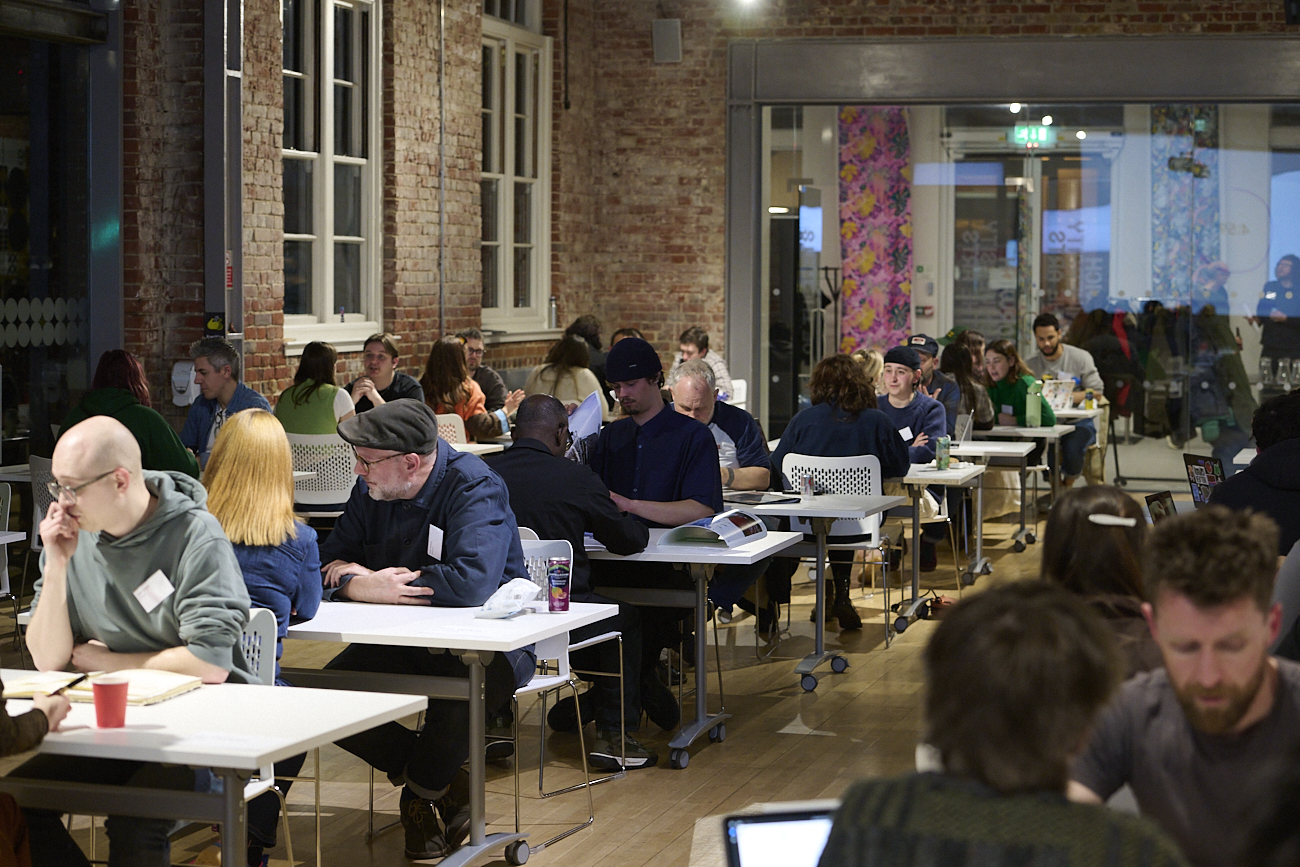 Employability •
Employability •Norwich University of the Arts celebrates 10 years of the Big Book Crit
Hundreds of Norwich students have shared their work with leading creative professionals over the last decade. -
 East Gallery •
East Gallery •Announcing the East Gallery Fellows 2025-2026
Norwich University of the Arts is pleased to announce the selected awardees of this year's East Gallery Fellowship. -
 BA Business Management •
BA Business Management •Dean of Creative Education Awarded Prestigious Principal Fellowship from Advance HE
The University is delighted to announce that Hilary Carlisle, Dean of Creative Education and Professor of Design, has been awarded Principal Fellowship of the Higher Education Academy (PFHEA) by Advance HE -
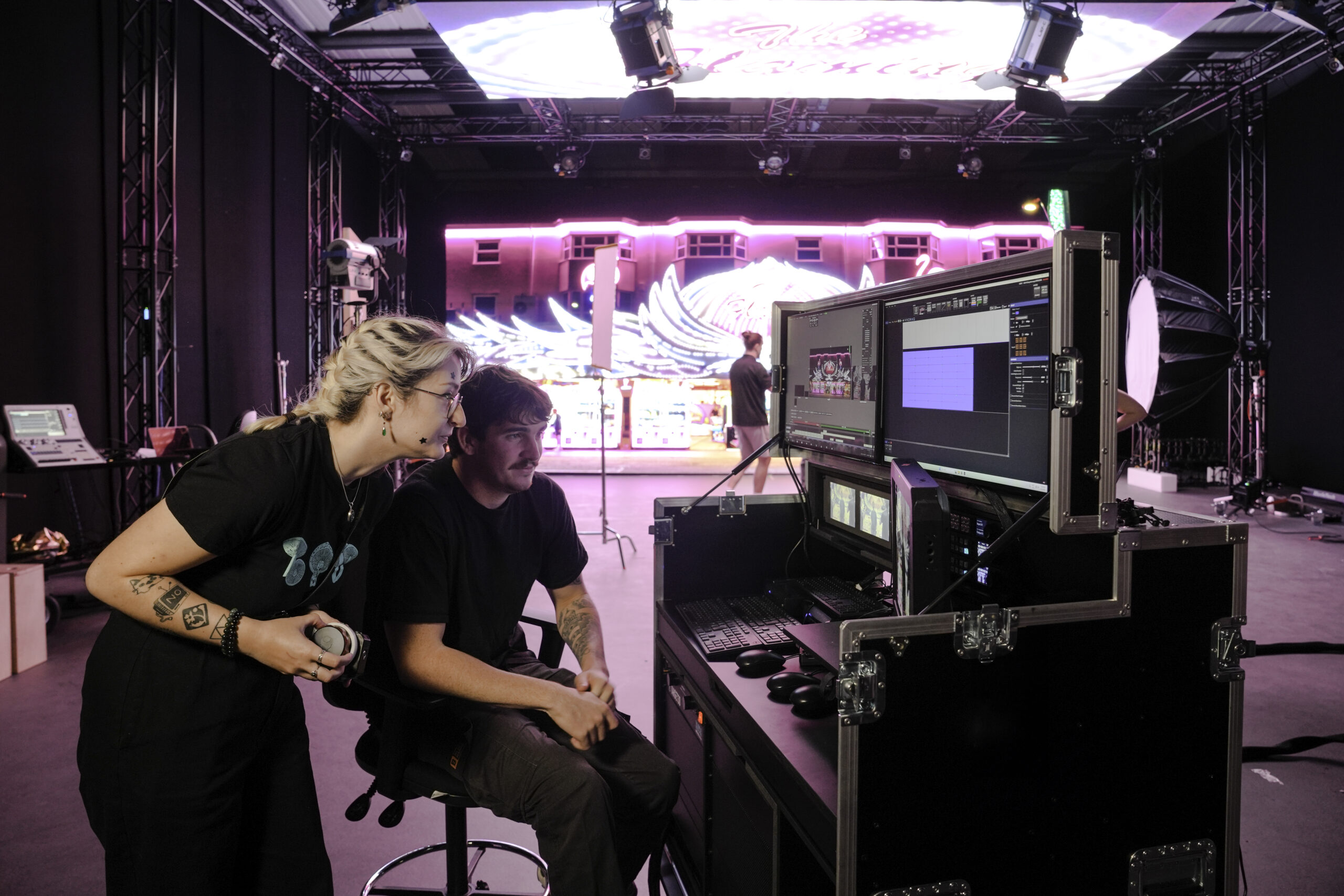 BA Degree •
BA Degree •Norwich University of the Arts to Host ELIA Academy 2027
Norwich University of the Arts is delighted to announce that it has been selected as the host institution for the ELIA Academy 2027. -
 BA Business Management •
BA Business Management •In conversation with Norwich’s newest lecturers in Marketing and Business Management
We joined Norwich's newest lecturers, Stephen Balmer-Walters and Laurie McAllister, to find out more about the University's Marketing and Business Management courses. -
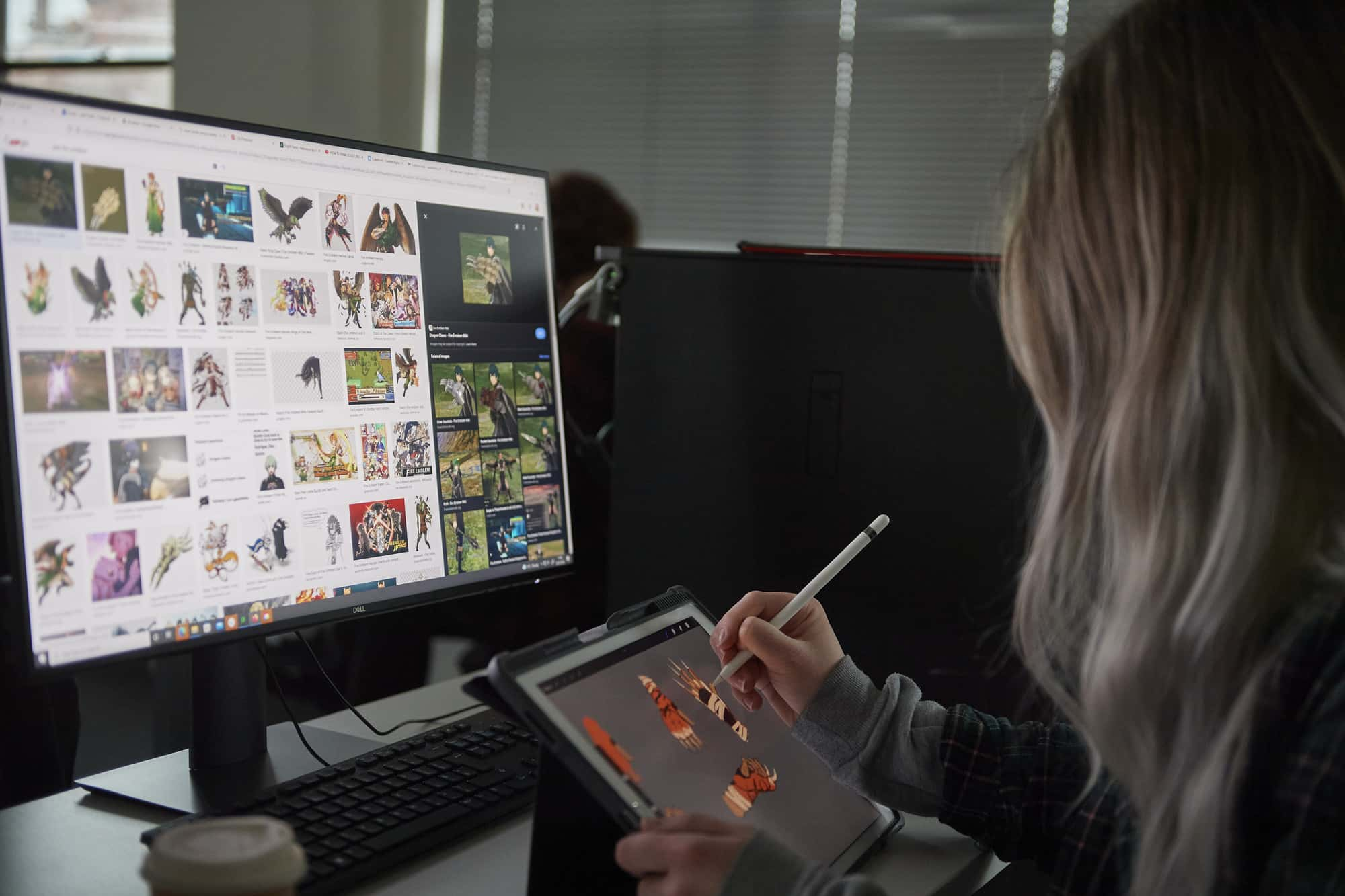 BA Games Art and Design •
BA Games Art and Design •East of England set to become UK’s next Games Cluster, says landmark report
A major new report is calling for the creation of a Games Cluster for the East of England — positioning the region as a national leader in creative technology and immersive media. -
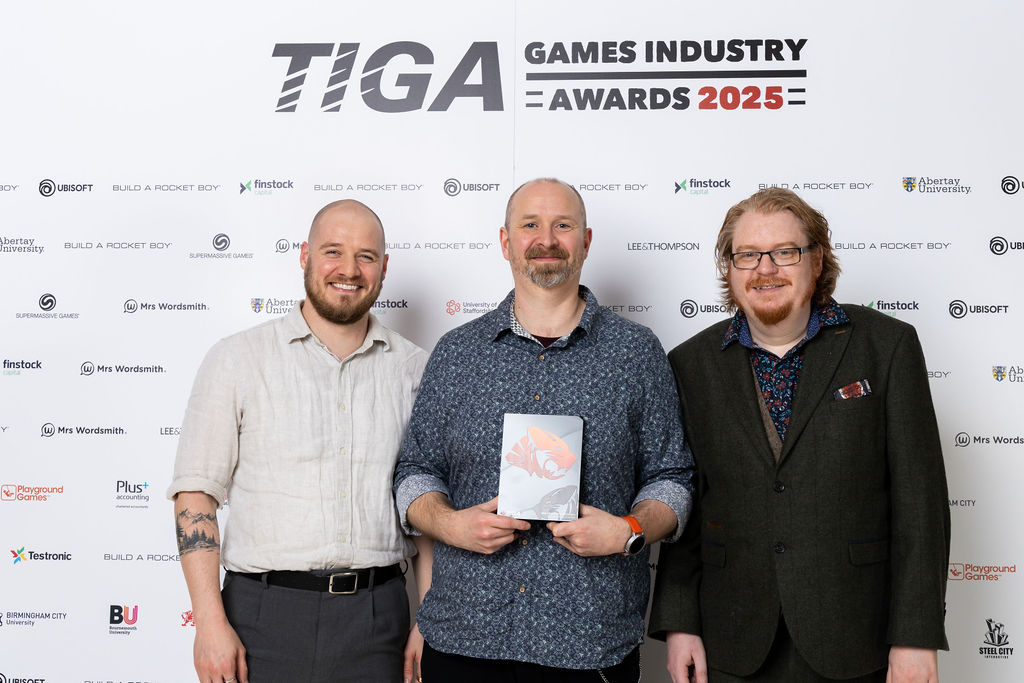 BA Games Art and Design •
BA Games Art and Design •Norwich awarded Best Education Initiative at the TIGA UK Games Industry Awards
TIGA, who represent the UK video games industry, have recognised the University’s commitment to graduate success and industry-focused learning in their 2025 awards. -
 BA Animation •
BA Animation •Cutting edge Sony Virtual Production Studio puts Norwich on the map for the future of film and gaming
Norwich University of the Arts and Sony open new landmark facility for students, creators and the community. -
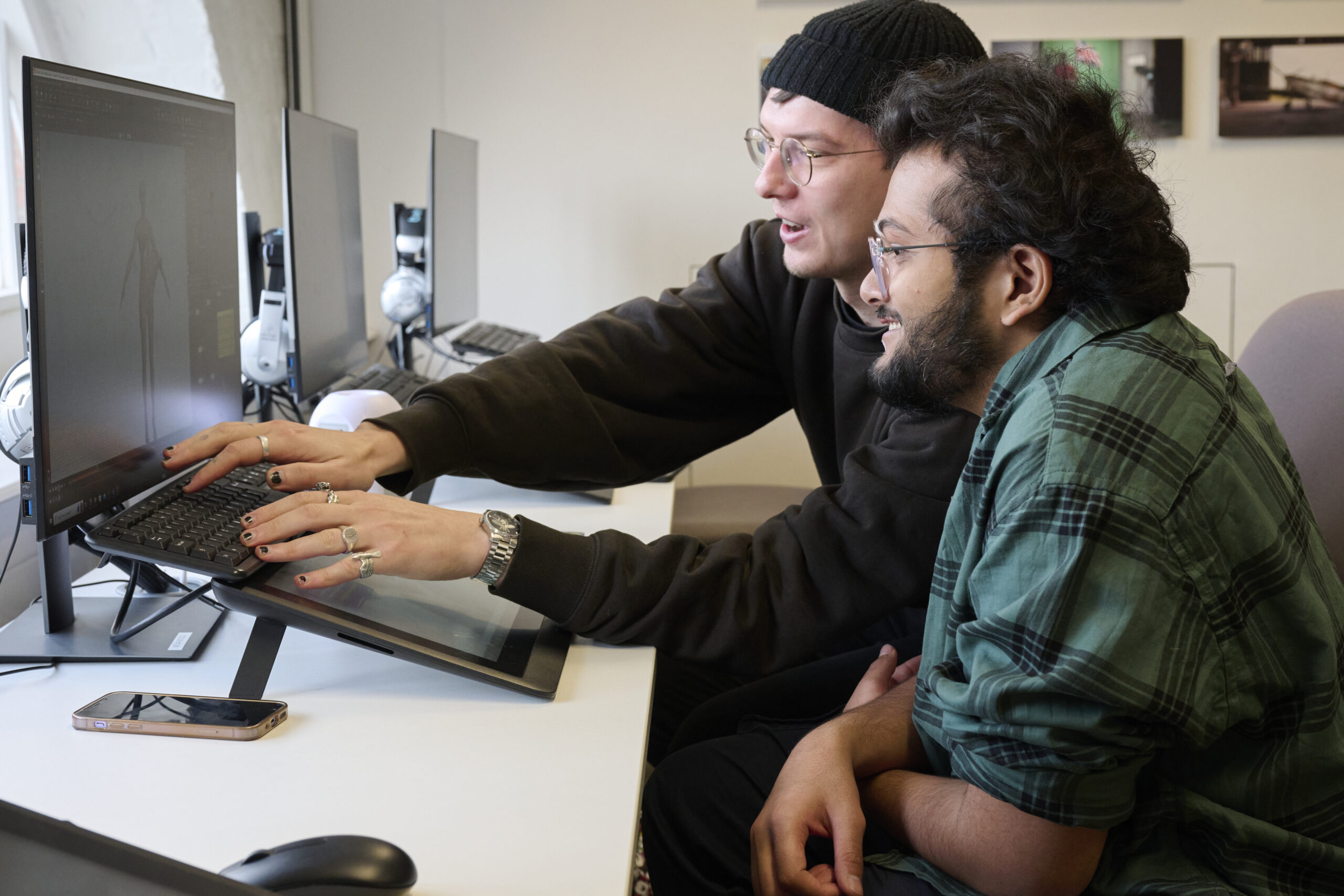 BA Animation •
BA Animation •Norwich named top UK university for production excellence in visual effects
The University has been placed in three categories in the 2025 Rookies Global School Rankings, including the top five for Production Excellence – Visual Effects. -
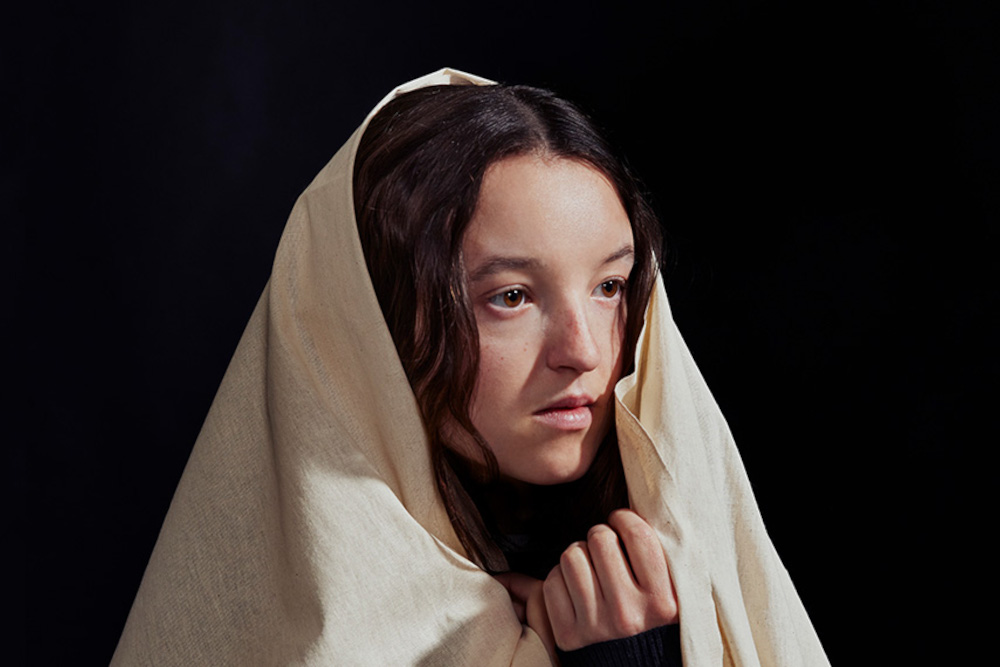 BA Photography •
BA Photography •Entries open for Norwich's 2026 Beyond the Frame photography competition
Entries are now open for our annual photography competition, open to students aged 11 to 19 around the world. -
 BSc Degree •
BSc Degree •Norwich University welcomes new academics to its Psychology and Computer Science courses
Lyndsey Wallace joins the University as Senior Lecturer for BSc (Hons) Psychology, with Jawwad Chattha joining as Course Leader for BSc (Hons) Computer Science. -
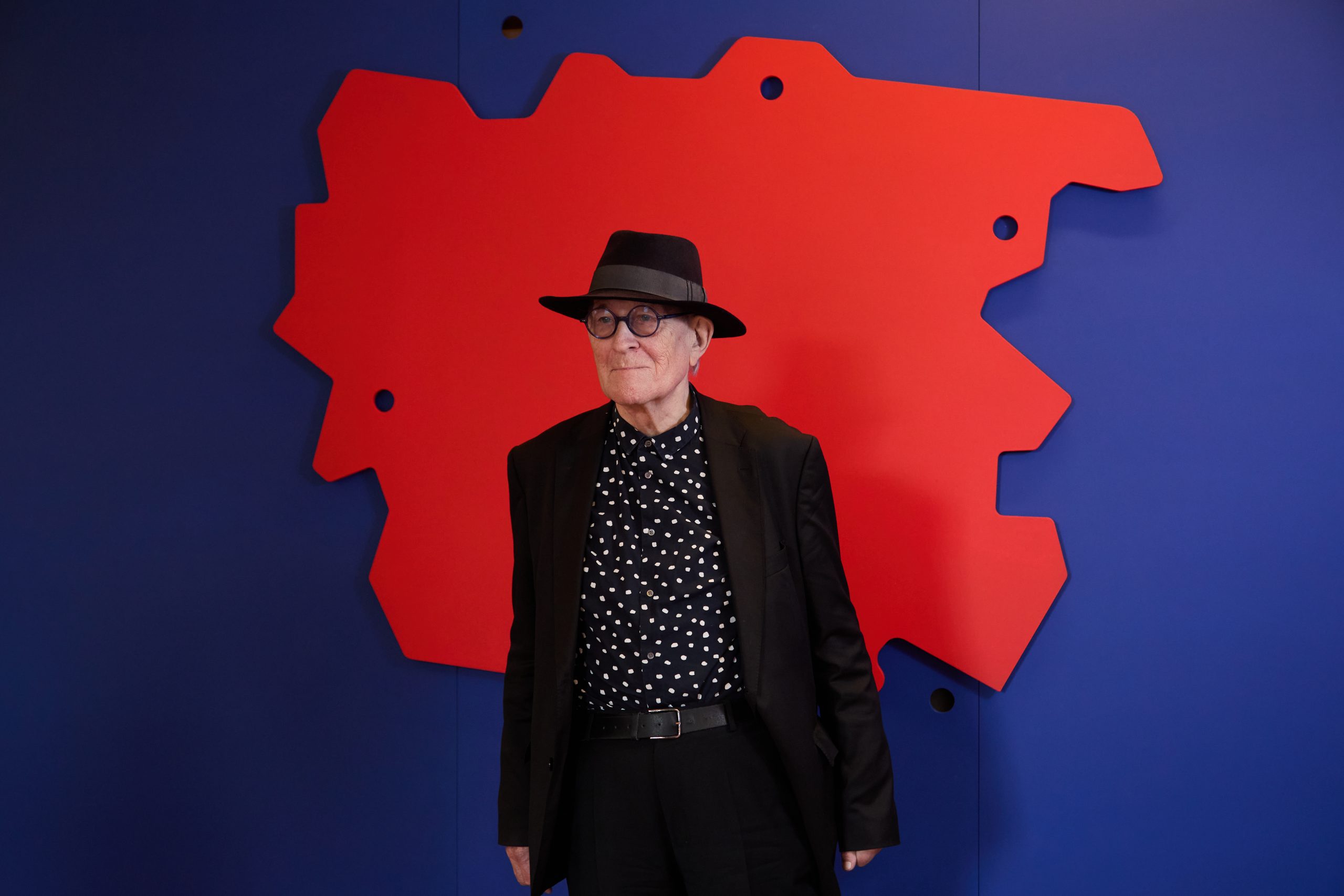 BA Architecture •
BA Architecture •Norwich University of the Arts presents the Peter Cook: Wonder Hub
Norwich University has launched the Peter Cook: Wonder Hub, a vibrant and interactive space for thinking, making, showcasing and debating the creative arts. -
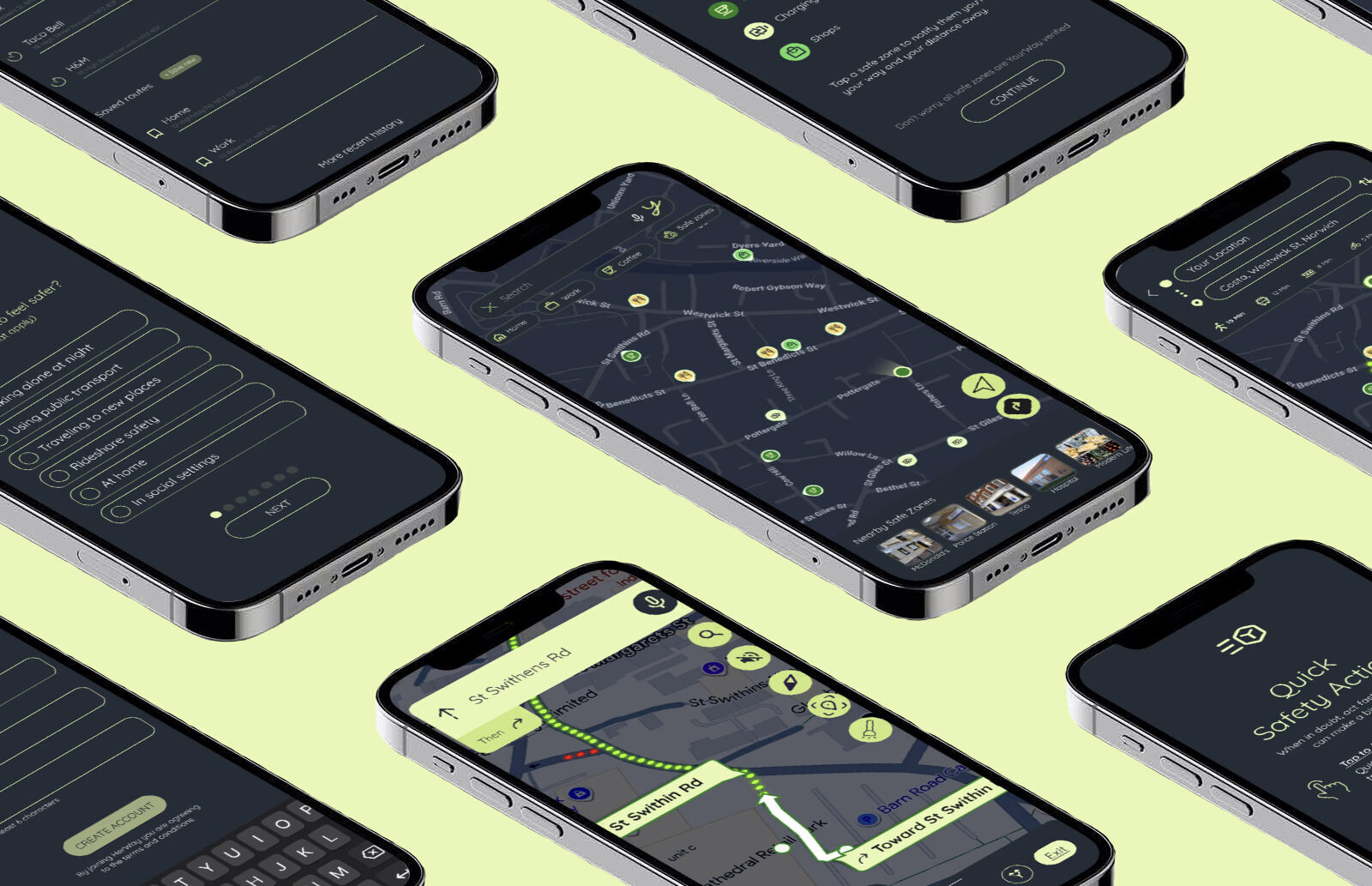 BA Graphic Communication •
BA Graphic Communication •Norwich students celebrate success at 2025 Creative Conscience Awards
Students from Norwich University of the Arts have been recognised across categories in this year’s awards, which showcase work focusing on social or environmental impact -
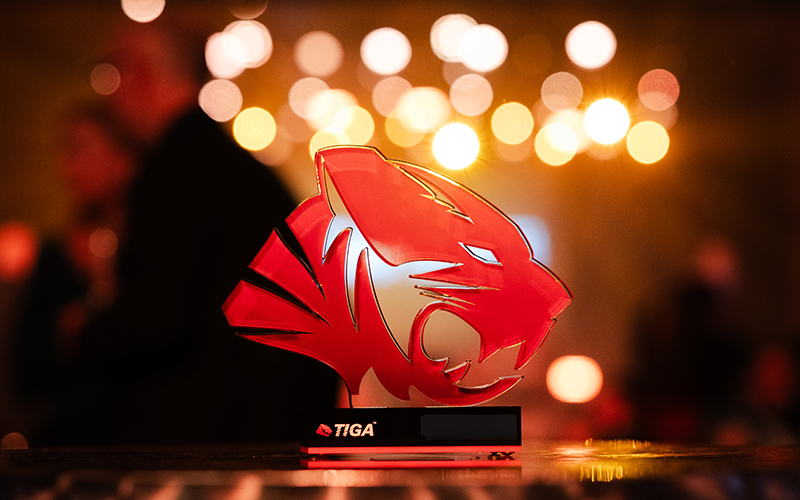 BA Games Art and Design •
BA Games Art and Design •Norwich graduates recognised at TIGA UK Games Education Awards
Charlie O'Shea, BA (Hons) Games Art and Design has been named 'Outstanding TIGA Graduate of the Year: Designer' -
 BA Film and Moving Image Production •
BA Film and Moving Image Production •Dear future international students – Diya Vaya, BA (Hons) Film and Moving Image Production
Diya writes about the experience of moving to Norwich from Nairobi, and her advice to future international students.
Related courses
Discover our courses and take the first step towards unleashing your potential
-
Visit the Design for Publishing BA (Hons) course page
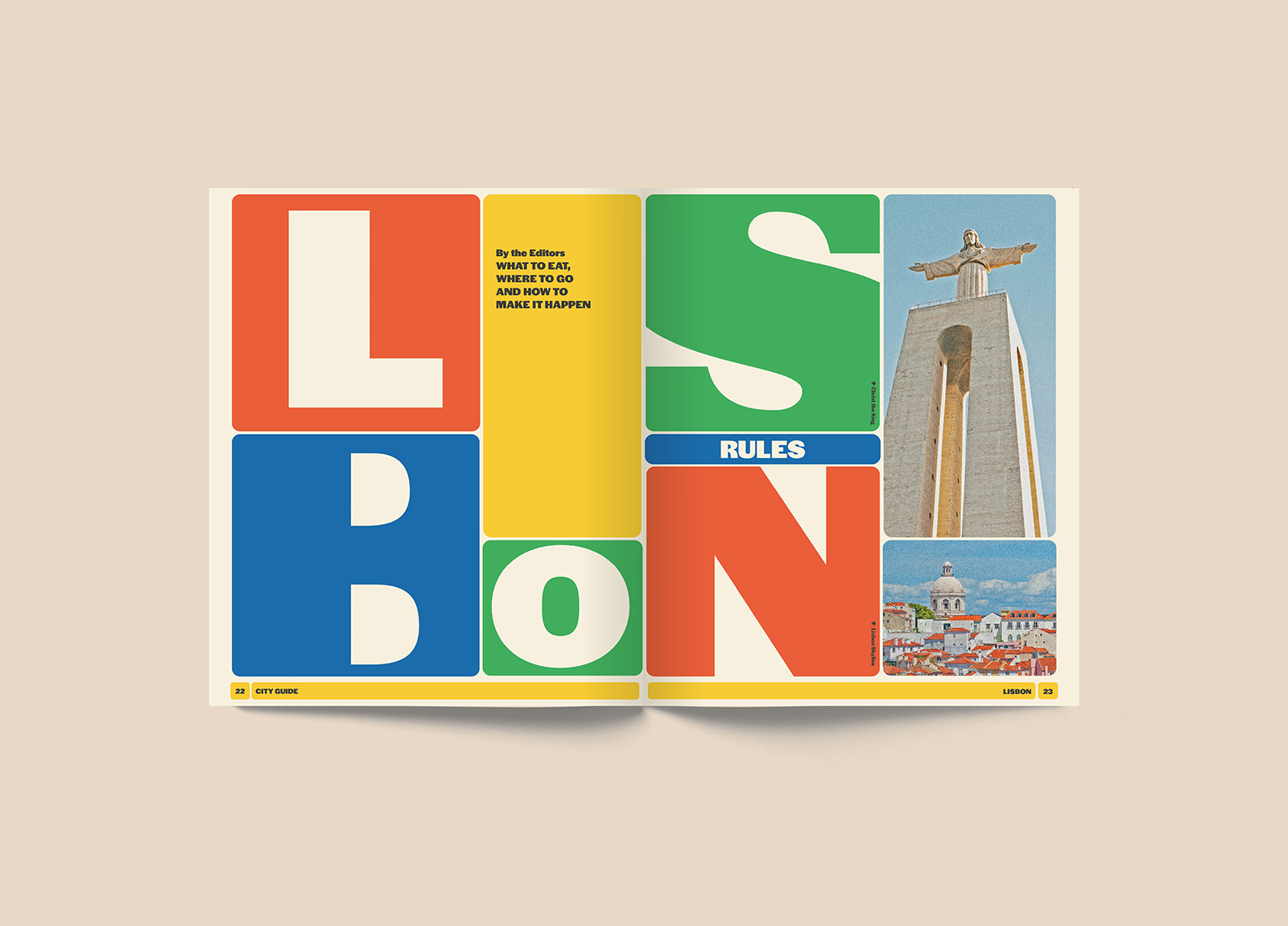
- Filter courses by study level: Undergraduate
- Filter courses by duration: Full time
- Filter courses by start month: September
- Filter courses by subject: Design for Publishing
Design for Publishing BA (Hons)
Explore how words and images can come to life on the page and screen to tell stories and deliver information.
-
Visit the Graphic Communication BA (Hons) course page
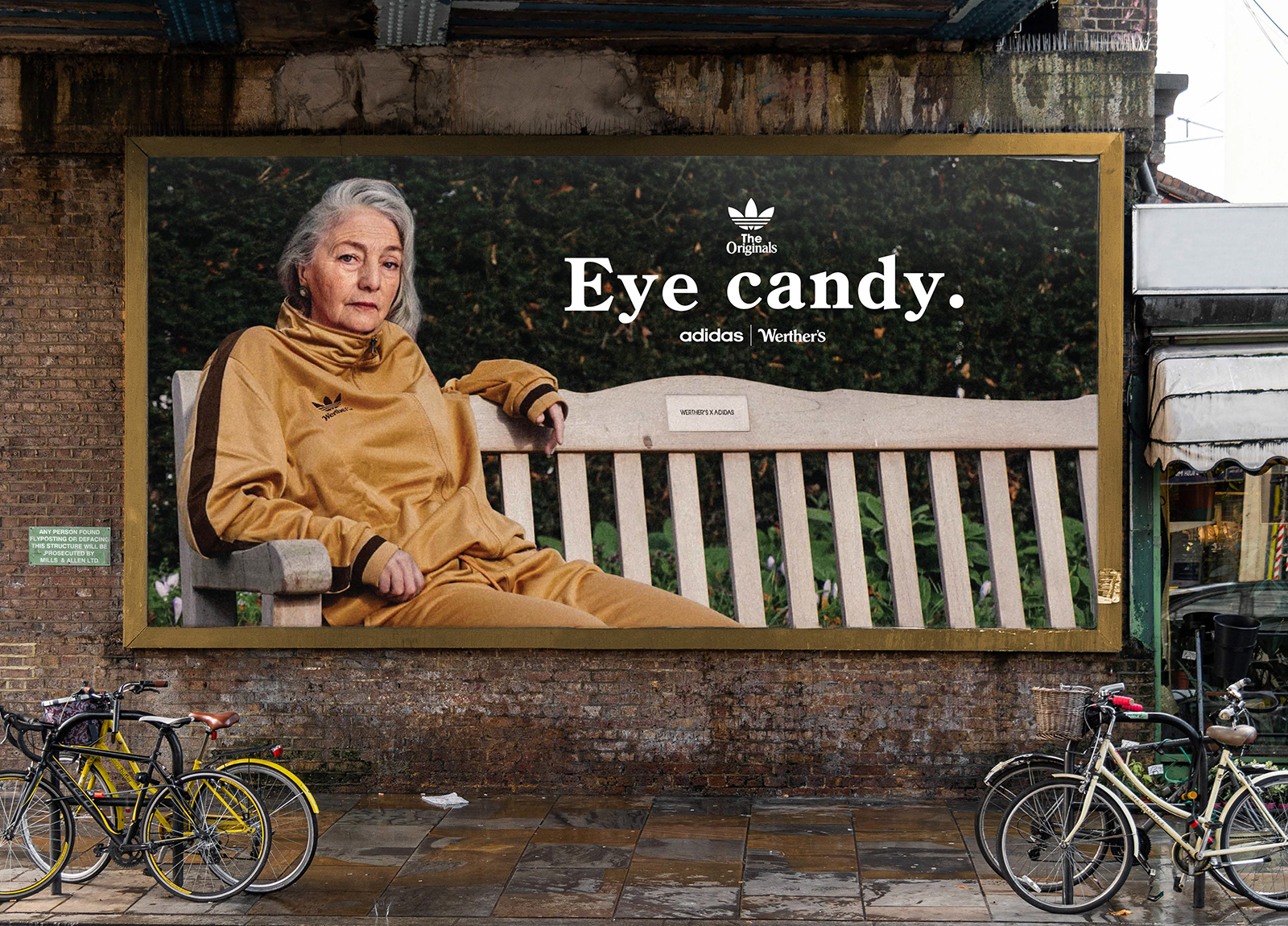
- Filter courses by study level: Undergraduate
- Filter courses by duration: Full time
- Filter courses by start month: September
- Filter courses by subject: Graphic Communication
Graphic Communication BA (Hons)
Ignite your passion for exploring visual ideas and brand communication from real-world problems to commercial briefs, across print and digital.
-
Visit the Graphic Design BA (Hons) course page
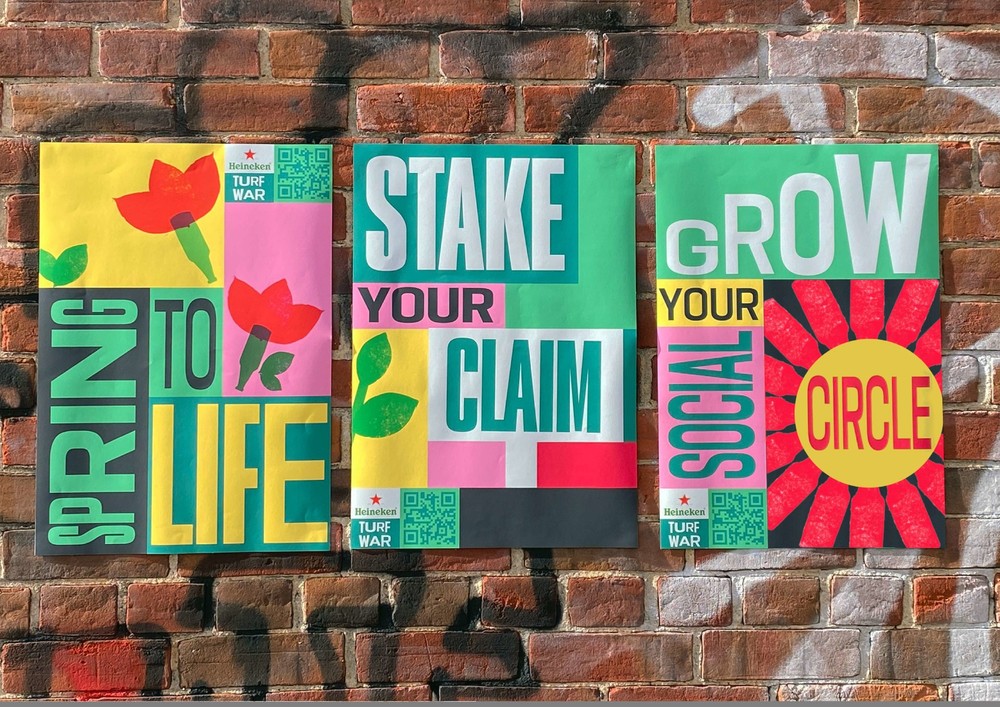
- Filter courses by study level: Undergraduate
- Filter courses by duration: Full time
- Filter courses by start month: September
- Filter courses by subject: Graphic Design
Graphic Design BA (Hons)
Be inspired to apply innovative and creative solutions to branding, packaging, and promotional design for commercial markets.
norwichuni_graphics
-
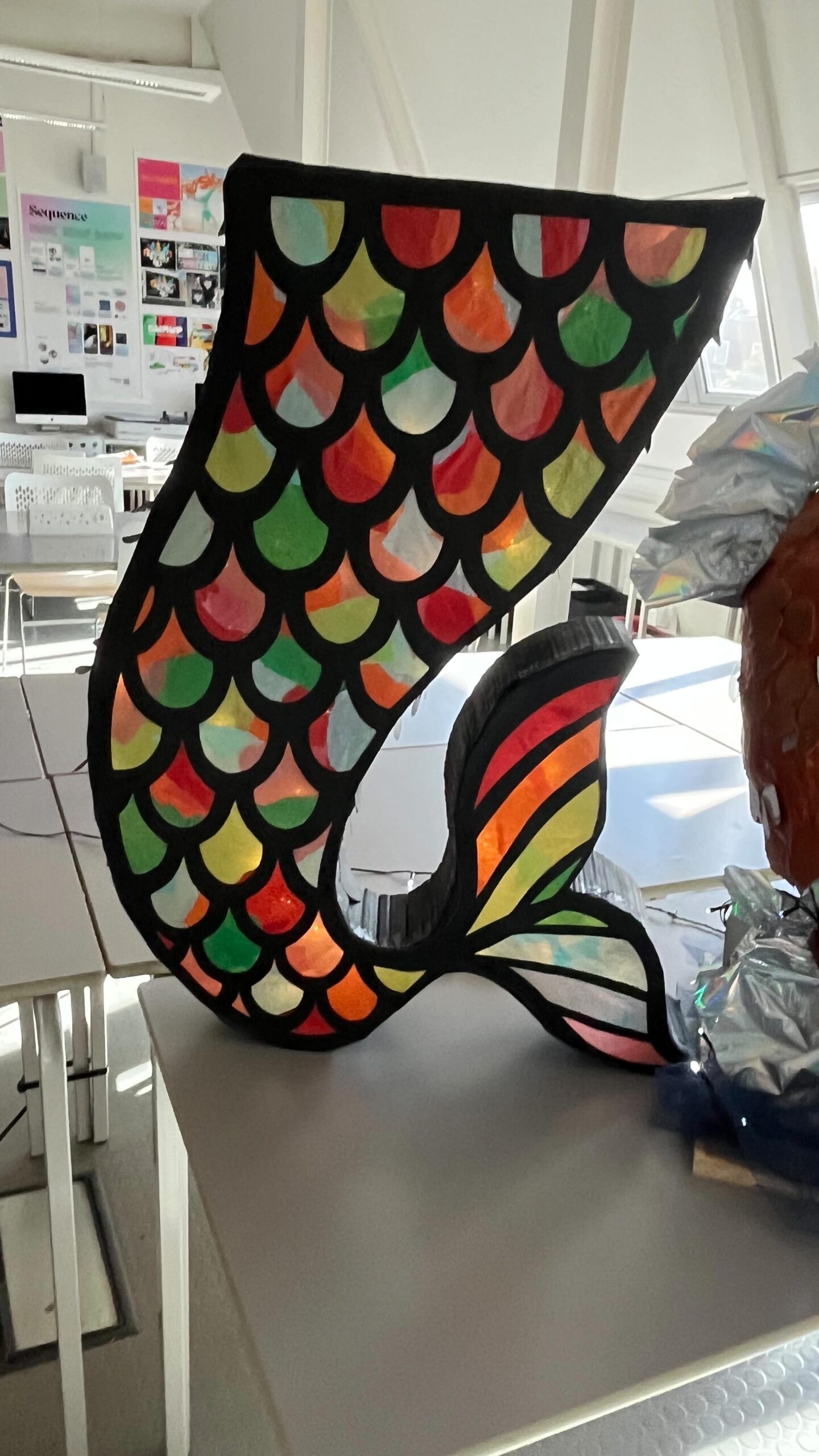
norwichuni_graphics Y r 1 ⭐️ C R E A T I V E P R O B L E M S O L V E R S ! A massive welcome and well done to our new Year 1 Graphics students who more than rose to the challenge of our Make It Manifesto project to kick start their year! A seaside-trip-inspired decadent exploration of typography – working in groups to a hectic schedule – and they smashed it!! @graphicsyearone (opens in a new window)
-

norwichuni_graphics Drumroll please… We were thrilled to be a part of the @newblood_dandad award ceremony this week where Graphic Communication students scooped up 5 pencils – 3 Wood and 2 Graphite. Massive thanks to all of the teaching staff across all year groups who have helped to shape these talented individuals. Staff enjoyed the 360 camera a little too much! #graphicdesign #d&ad #norwichuniarts (opens in a new window)
-
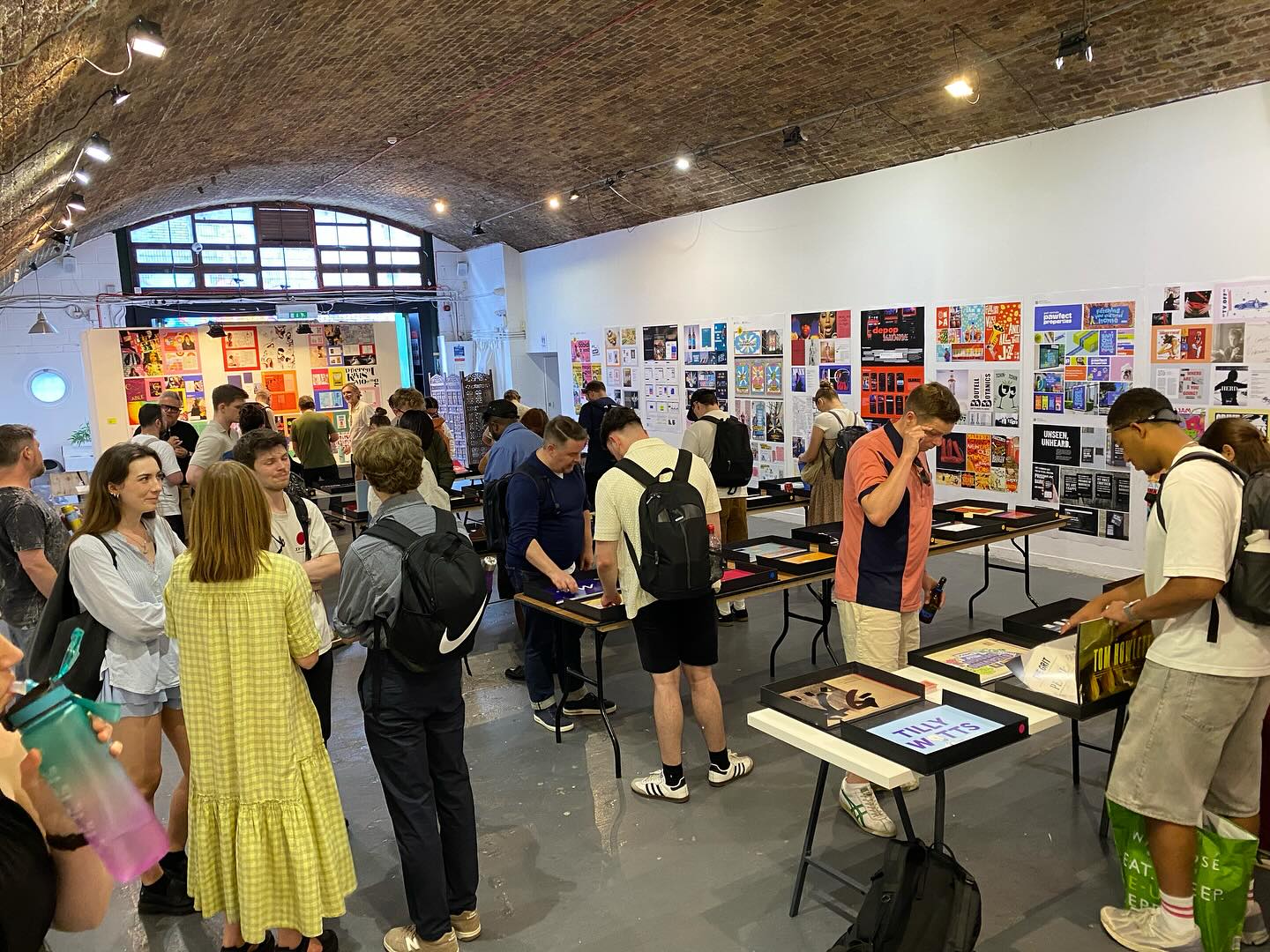
norwichuni_graphics Awesome first afternoon and evening at Hoxton Arches at the @norwichuni_graphics Industry-only portfolio review. We set this event up carefully to create just the right atmosphere for our fantastic industry guests to really spend time with the work. Many stay for several hours really engaging with the portfolios. Plenty of delicious cold drinks too – just what’s needed on a hot London day like today. We’re open again tomorrow, but then we’re gone! Don’t miss it. @norwichuniarts (opens in a new window)
-
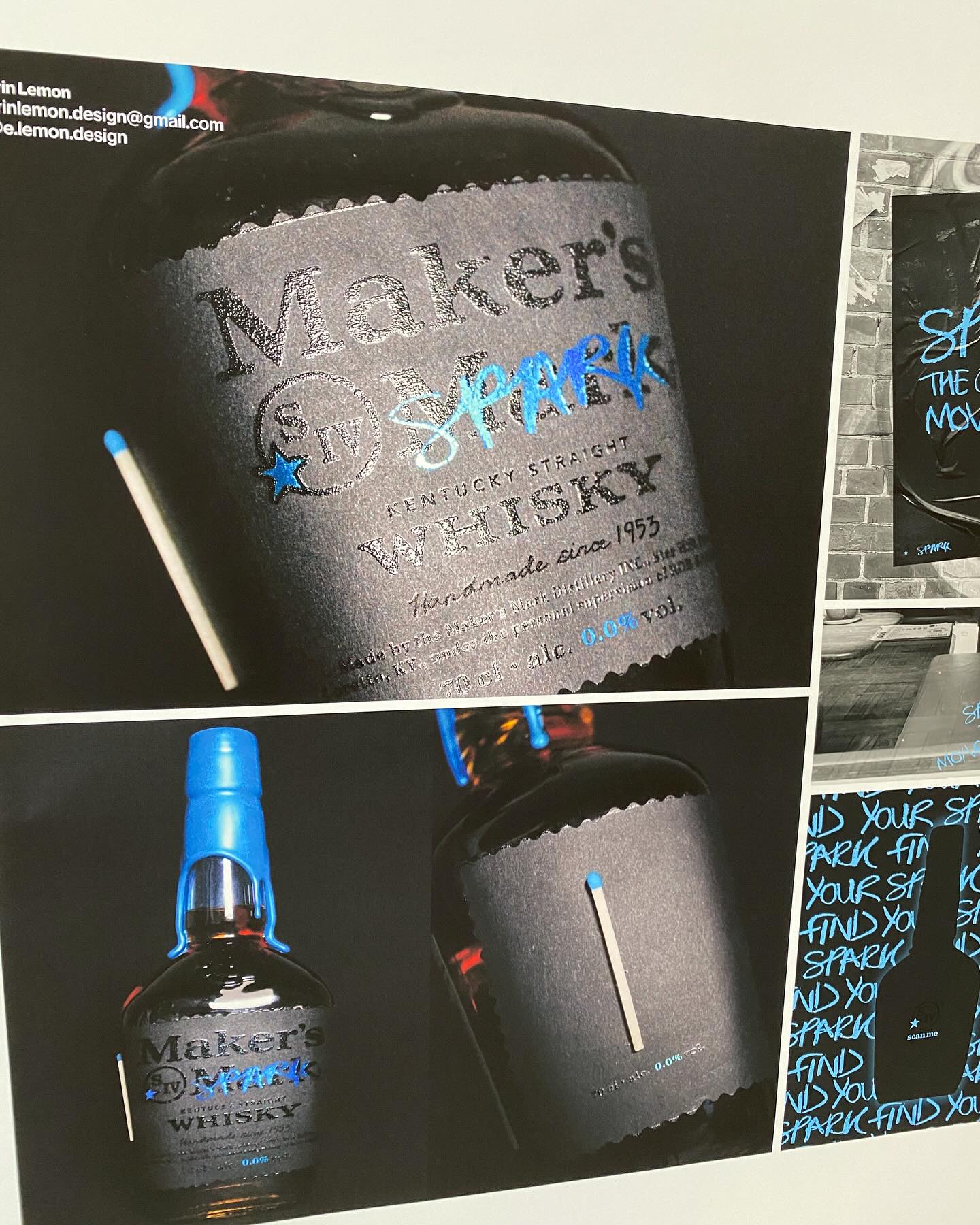
norwichuni_graphics Another awesome display of great ideas and incredible craft from @norwichuni_graphics students on: Design For Publishing, Graphic Design, Graphic Communication and User Experience Design @norwichuniarts #GradFest 2025. See all this and more at our industry-only portfolio event in London 25 & 26 June. (opens in a new window)
-

norwichuni_graphics Another awesome display of great ideas and incredible craft from @norwichuni_graphics students on: Design For Publishing, Graphic Design, Graphic Communication and User Experience Design @norwichuniarts #GradFest 2025. See all this and more at our industry-only portfolio event in London 25 & 26 June. (opens in a new window)
-
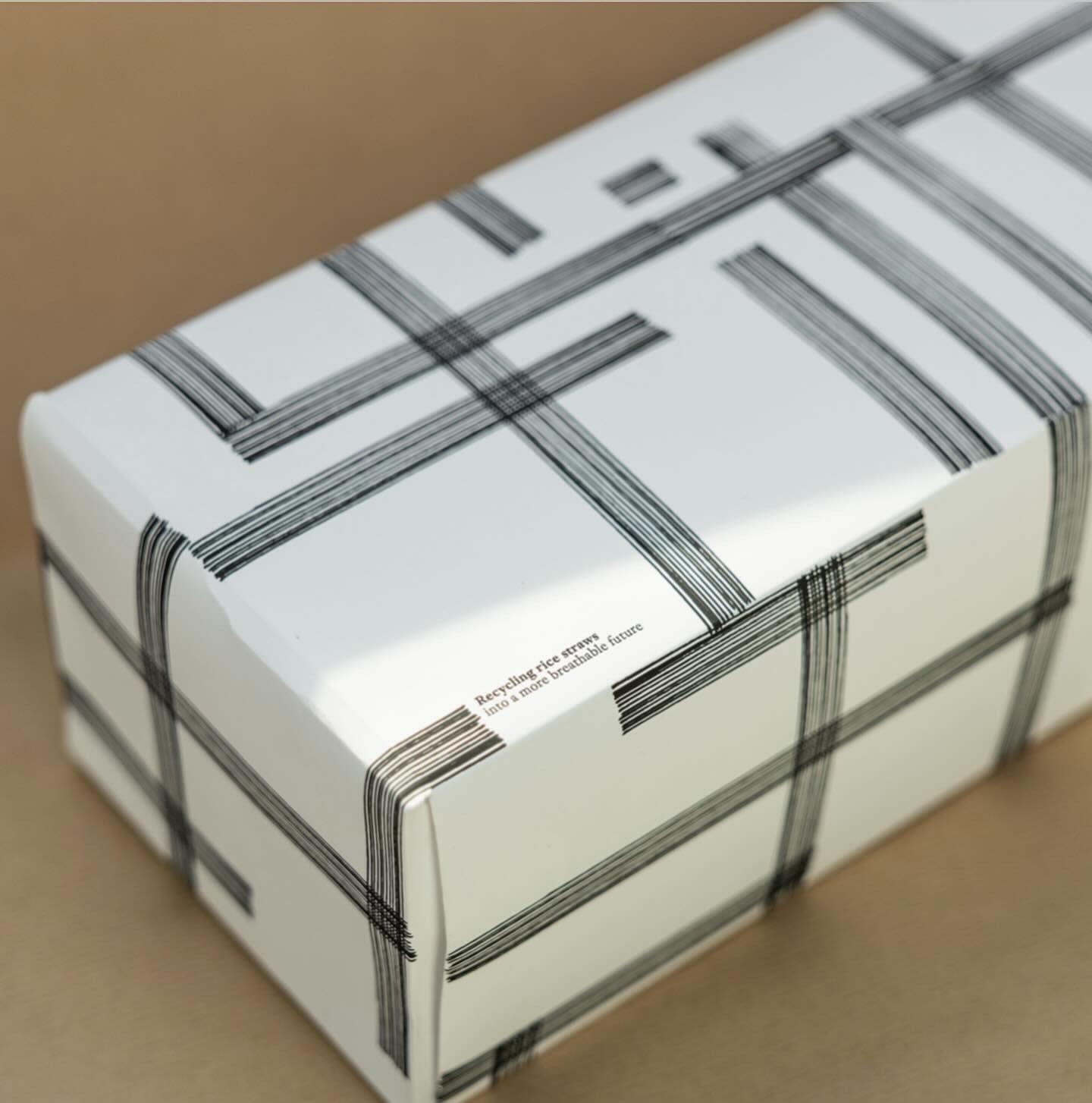
norwichuni_graphics The standard was so high in our student brief set by @butterflycannon that @meg.hesketh and @elliephilpottdesign found it hard to narrow down the winners. So for their brief on creating a sustainable packaging brand, there were two third place winners. Holly Start and @isabellaelseloej created this fantastic solution for a premium brand of textiles created from rice straw waste from the Japanese Saki industry. (opens in a new window)
-
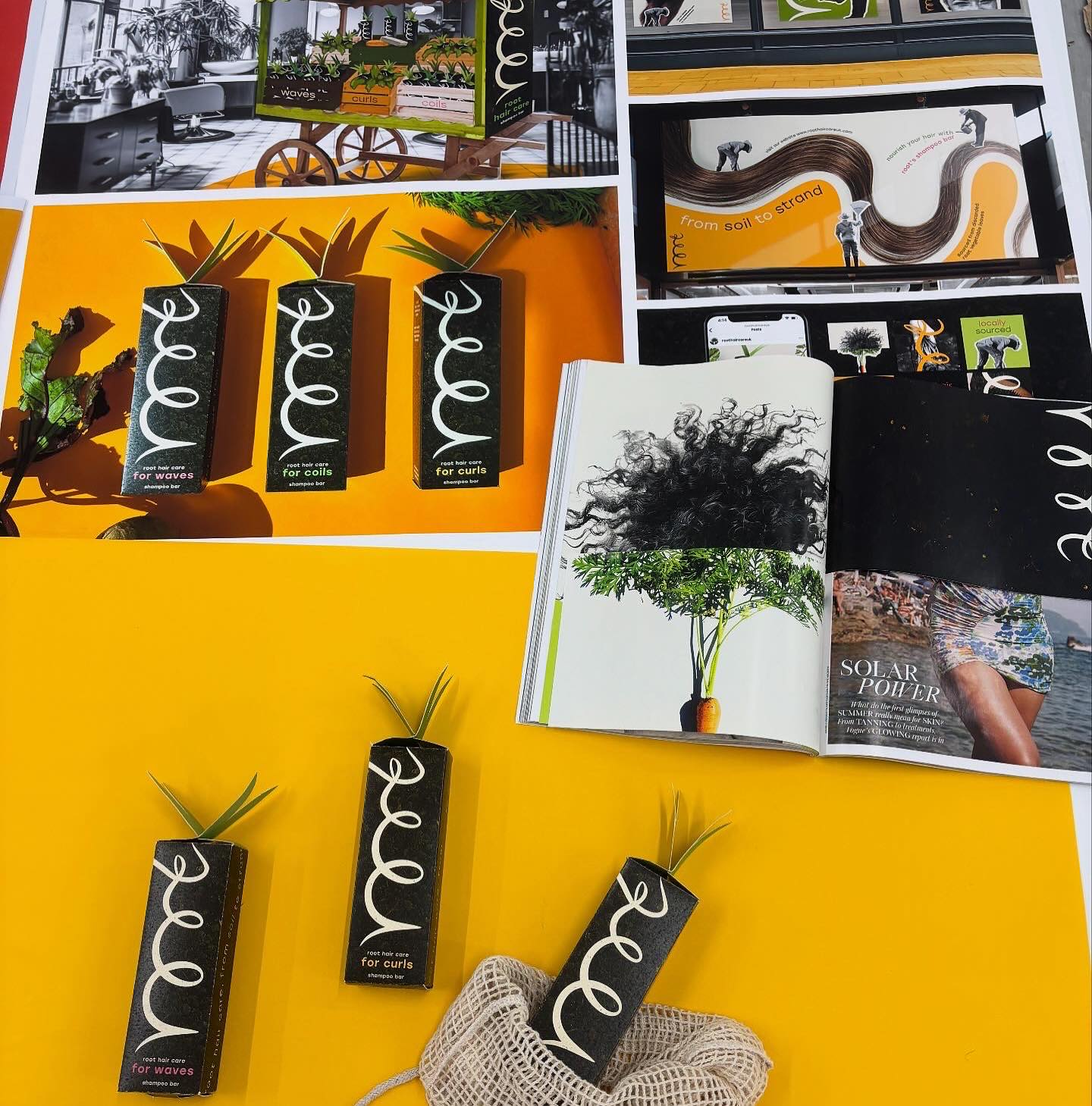
norwichuni_graphics The standard was so high in our student brief set by @butterflycannon that @meg.hesketh and @elliephilpottdesign found it hard to narrow down the winners. So for their brief on creating a sustainable packaging brand, there were also two second place winners. @m_aysmithdesign @bethantodd.design @michelle_graphics_t @jaygriffin.graphics created this fantastic solution “Root” – a hair care brand made from vegetable waste from the farm industry. (opens in a new window)
-
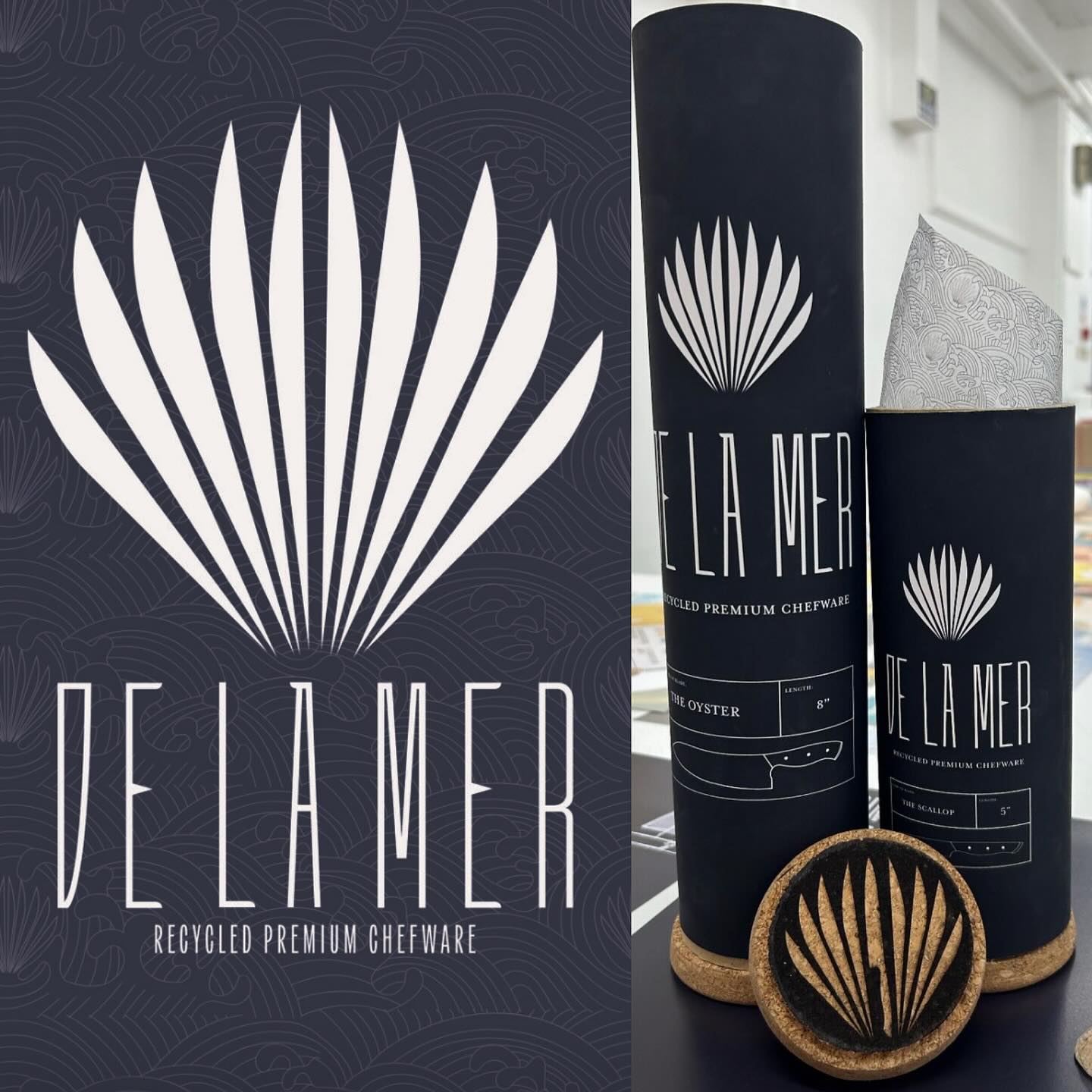
norwichuni_graphics The standard was so high in our student brief set by @butterflycannon that @meg.hesketh and @elliephilpottdesign found it hard to narrow down the winners. So for their brief on creating a sustainable packaging brand, there were two second place winners. @doublew_design @b.endennis @mya.bullen @honeyfogarty_7 Congratulations on this fantastic solution for De La Mer. Premium knives created from waste shell fish from the restaurant industry. (opens in a new window)
-
